How to Prepare Your Body for Pregnancy After 30
This article may contain affiliate links (which basically means if you buy something from a link on my site, I get a small percentage kickback from it.) However it’s no extra cost to you and it simply helps support this blog. Thank you so much for being here! I so appreciate you and hope you enjoy reading my articles!
Are you dreaming of starting or growing your family and want to give your body the best possible chance for a healthy pregnancy? For those of you thinking about getting pregnant in the next few months or year, especially if you’re over 30, prepping your body is the ultimate act of self-care! IYKYK, the body you nourish today is the foundation of the future health of your baby.
Navigating pregnancy after 30 can feel a little daunting with all the stats about fertility decline. UGH. But, ladies, I’m here to tell you that with the right approach, you can totally optimize your egg health, boost fertility, and prep for a healthy pregnancy! Functional medicine science has our back, and today, I’m breaking down 20 actionable steps you can start implementing right away.
Why Prepping Your Body for Pregnancy After 30 is SOO Dang Important
Let’s be real, the American diet and lifestyle haven’t been doing us any favors. Many women find themselves with nagging symptoms, low energy, and just not feeling like themselves by the time they hit their 30s. And with fertility declining in our society (and even more so naturally after 30), prepping your body for pregnancy becomes even more critical. It’s not just about having a baby; it’s about thriving through pregnancy and postpartum.
And here's the empowering truth—although the number of eggs in your body is finite, the quality of your eggs can be improved! Yep, you can make a massive difference to your reproductive health by focusing on egg quality through lifestyle and nutrition. Think of it like this: your eggs are living cells and need nutrients, hydration, and a low-inflammatory environment to flourish. So here’s how you can do that!
Now let’s dive into the steps you can take to get your body OBSESSED with prepping for pregnancy after 30.
20 Actionable Steps to Prep Your Body for Pregnancy After 30
1. Hydrate, Hydrate, Hydrate!
Water is literally the foundation of life, and when it comes to how to prep your body for pregnancy after 30, hydration is non-negotiable. You know that sluggish, tired feeling that hits around 3 p.m.? Often, it's dehydration masquerading as fatigue. Now, imagine what that does to your cells, including your precious eggs. Yup, your body is begging for more water, especially when you're trying to boost fertility.
When you're properly hydrated, your cells can do their jobs more efficiently, and this includes optimizing your egg health. Water helps your blood carry vital nutrients and oxygen to your reproductive organs, giving them the support they need to function at their best. And here’s a little science for you—hydration also plays a huge role in cervical mucus production, which is key to helping sperm meet egg during conception. Think of it like setting up a smooth ride for sperm to reach its destination!
But here’s where electrolytes come into play. They’re like your body’s little hydration boosters, making sure the water you’re drinking actually gets into your cells. Electrolytes (think sodium, potassium, magnesium) help maintain the fluid balance in your body and ensure your cells are hydrated properly, which in turn helps your eggs stay healthy and vibrant.
So, ladies, when you’re focusing on how to prep your body for pregnancy after 30, it’s not just about guzzling water. Add a pinch of sea salt to your water or grab an electrolyte supplement to give your hydration game a boost.
2. Track Your Cycle
Tracking your cycle is like unlocking the secret code to your body, ladies! Whether you’re trying to conceive right now or just getting in tune with your natural rhythms, this step is a game-changer when figuring out how to prep your body for pregnancy after 30.
Here’s the science behind it—your cycle gives you a window into your overall health and fertility. Ovulation, that magical time when your body releases an egg, is your most fertile period. But here’s the kicker: after 30, your cycles might not be as regular as they once were. Tracking them can help you pinpoint not just when you're ovulating, but also if there are any signs that your hormones might be a little out of whack (think irregular periods, spotting, or shorter cycles).
A fertility monitor takes the guesswork out of the equation. Instead of relying solely on apps or counting days (which can sometimes be off), a fertility monitor measures real-time hormone levels like estrogen and luteinizing hormone (LH). This gives you a more accurate picture of your fertile window. And trust me, knowing exactly when you’re ovulating is like striking gold when you're trying to conceive.
Even more important? Tracking your cycle can help you identify imbalances. If you notice you're not ovulating regularly, or your luteal phase (the time between ovulation and your next period) is too short, it could signal underlying hormonal imbalances like low progesterone, which can make conceiving a bit more challenging.
By tracking your cycle, you get insight into how your body is functioning, allowing you to make more informed decisions about your health and fertility. And that, mama, is empowerment! So if you’re wondering how to prep your body for pregnancy after 30, start with understanding your cycle—it’s the roadmap to your fertility journey!
3. Eat Antioxidant-Rich Foods
You already know that what you eat plays a huge role in your overall health, but when it comes to how to prep your body for pregnancy after 30, the right foods can make all the difference—especially when it comes to protecting those eggs. Enter antioxidant-rich foods!
Here’s the science behind it: antioxidants like vitamin C, vitamin E, and glutathione are your body’s little warriors, fighting off oxidative stress. Now, oxidative stress sounds fancy, but think of it as the wear and tear your body experiences over time, including your eggs. The older we get, the more our cells, including egg cells, are exposed to this oxidative damage, which can affect the quality of our eggs. And let’s be real, after 30, egg quality becomes the thing to focus on when you’re prepping for pregnancy.
Antioxidants come to the rescue by neutralizing those free radicals (the troublemakers responsible for oxidative stress). Vitamin C, found in foods like berries and citrus fruits, helps protect your eggs by keeping the cells strong and functioning properly. Vitamin E, found in nuts and seeds, works as another line of defense, especially when it comes to your reproductive organs. And glutathione, the body’s master antioxidant (hello, leafy greens like spinach!), helps with detoxification and keeps those eggs in tip-top shape.
So, if you’re thinking about how to prep your body for pregnancy after 30, load up your plate with antioxidant-rich foods. Toss berries into your smoothie, snack on a handful of nuts, and load up on leafy greens with dinner. Your eggs will thank you for the protection and nourishment, keeping them healthy and ready for action when the time comes!
4. Ditch the Weed and Alcohol
I get it, ladies—saying goodbye to weed and alcohol can feel like a tough ask, especially when unwinding with a glass of wine or a little puff has been part of your routine. But when we’re talking about how to prep your body for pregnancy after 30, it’s time to give those habits a second look. I promise, this isn’t just a buzzkill—it’s about giving your hormones the best chance to thrive!
Here’s the deal: both weed and alcohol can have a major impact on your hormonal balance, and we need our hormones in sync when we’re trying to conceive. Let’s break down the science behind it.
Alcohol
Alcohol messes with your reproductive hormones—specifically estrogen and progesterone, the two big players when it comes to fertility. Even moderate drinking can throw these hormones off, which can mess with your menstrual cycle, delay ovulation, or even reduce your chances of conceiving. Not to mention, alcohol depletes important nutrients like B vitamins and zinc, which are essential for egg health and hormone production. And remember, we want those eggs in top form!
Weed
As for weed, while it may seem like a natural way to chill out, it can actually disrupt the delicate hormonal balance your body needs for a healthy reproductive system. THC, the active compound in marijuana, has been shown to interfere with the production of luteinizing hormone (LH), which is essential for ovulation. Without proper LH levels, ovulation can become irregular or even stop altogether. Not ideal when you’re trying to get pregnant, right?
Plus, weed can also affect your body’s endocannabinoid system, which plays a key role in regulating things like mood, stress, and, you guessed it—reproduction. Messing with that system can have downstream effects on your fertility, making it harder for your body to get in the optimal state for conception.
So, when it comes to how to prep your body for pregnancy after 30, ditching weed and alcohol is about more than just cutting back on vices. It’s about giving your hormones the room to regulate themselves naturally, keeping your menstrual cycle on track, and ensuring that your body is primed for a healthy pregnancy.
5. Incorporate Omega-3s
Ladies, if you’re serious about how to prep your body for pregnancy after 30, Omega-3s should be at the top of your grocery list! These little powerhouse fats are not only amazing for your overall health, but they’re also crucial for fertility and egg quality. And yes, they do double duty by supporting a healthy pregnancy once you get that positive test!
Let’s dive into the science of why Omega-3s are so essential, especially after 30.
First, Omega-3 fatty acids (particularly EPA and DHA, found in fatty fish like salmon and mackerel) are anti-inflammatory. Inflammation, if left unchecked, can mess with your reproductive system, leading to hormone imbalances and even impacting ovulation. Since our bodies naturally experience more inflammation as we age, it becomes even more important to actively reduce it—and that’s where Omega-3s come in! By reducing inflammation, you’re creating a healthier environment for your eggs to thrive.
Speaking of eggs, Omega-3s have been shown to improve egg quality. Think of it this way: your eggs need all the love and nutrients they can get to stay strong and healthy, especially if you’re trying to conceive later in life. Omega-3s help by improving the integrity of cell membranes (including those precious eggs), ensuring that they’re more resilient and better able to withstand the aging process. Plus, healthier eggs mean a higher chance of fertilization and a successful pregnancy.
Once you’re pregnant, Omega-3s continue to work their magic by supporting baby’s brain and eye development. DHA, in particular, is critical for fetal brain development, so maintaining a steady intake of Omega-3s during pregnancy can set your baby up for a healthy start. Win-win!
So, when thinking about how to prep your body for pregnancy after 30, be sure to incorporate Omega-3-rich foods into your diet. Think fatty fish like salmon, plant-based sources like flaxseeds and chia seeds, or even a high-quality Omega-3 supplement if you're not big on fish. These fats are your fertility superstars, helping you nourish your body, boost egg quality, and support a healthy pregnancy.
6. Get Moving Daily
getting your body moving is one of the easiest and most effective ways to boost fertility. And no, we’re not talking about crazy intense workouts here (unless you’re into that, then go for it!). Even light movement like walking or yoga can make a huge difference for your hormones, egg health, and overall fertility.
So, why does exercise matter so much for pregnancy prep? Let’s break it down.
Boosts Blood Flow
First up, exercise is amazing for increasing blood flow throughout your body, especially to your reproductive organs. More blood flow means more oxygen and nutrients being delivered to your uterus and ovaries, which helps create the healthiest possible environment for your eggs. Think of it like giving your reproductive system a refreshing shower—it flushes out any sluggishness and brings in fresh energy to help those eggs thrive!
Supports a Healthy Metabolism
As we hit 30 and beyond, our metabolism can start to slow down a bit. Exercise helps keep your metabolism humming along, which is super important for maintaining a healthy weight and balancing your blood sugar levels. Blood sugar imbalances can directly impact your hormones, and we definitely don’t want that when trying to conceive. Regular movement, even just a 20-minute walk a day, can keep your metabolism steady, support weight management, and improve fertility.
Balances Hormones
Now, let’s talk hormones. Exercise is a total game-changer for keeping them in check! When you exercise, your body releases endorphins (aka feel-good hormones), which help lower stress and regulate cortisol levels. And here’s the science part: too much cortisol (your stress hormone) can mess with your reproductive hormones, like estrogen and progesterone. When your cortisol is high, it can throw off your cycle and make it harder for your body to ovulate regularly. But when you move your body, even gently, you can help lower stress and bring those hormones back into balance.
Bonus: Yoga, in particular, is a fantastic option if you’re looking for something low-impact that also helps with mindfulness and relaxation. It not only boosts blood flow and stretches your body but also encourages deep breathing and reduces stress—which, as we just covered, is huge when it comes to hormone regulation.
So, if you’re focused on how to prep your body for pregnancy after 30, prioritize daily movement. Whether it’s a brisk walk, some yoga stretches, or even light strength training, your body (and your eggs!) will thank you. It’s all about creating a healthy, balanced environment where your hormones can thrive and your body feels supported on your journey to conception. Plus, staying active helps keep your energy up, so you’ll feel your best when it’s time to welcome that baby into the world!
7. Optimize Your Gut Health
let’s talk about one of the most underrated areas of health—your gut! You’ve probably heard the saying, “a healthy gut is a healthy you,” and it’s so true, especially when you’re trying to boost fertility. The gut is at the center of so many essential functions in your body, and when it’s healthy, everything from your immune system to your hormones gets a major upgrade.
Let’s dive into the science behind why gut health is so crucial for prepping for pregnancy after 30.
The Gut-Immune Connection
First things first—did you know that 70% of your immune system lives in your gut? Yup, it’s true! Your gut is home to trillions of bacteria that not only help digest your food but also play a key role in protecting your body from illness. A strong immune system is essential when you’re trying to conceive because your body needs to be in top form to support pregnancy. If your gut is imbalanced or inflamed (which can happen with a poor diet, stress, or even antibiotics), it can weaken your immune system and lead to other health issues that can mess with fertility.
Hormonal Balance Starts in the Gut
Now, here’s where the gut gets even more fascinating—your gut bacteria help regulate hormones, and we need balanced hormones when it comes to fertility. An unhealthy gut can disrupt the balance of estrogen and progesterone (the key hormones involved in your menstrual cycle), leading to irregular periods or trouble ovulating. And after 30, keeping those hormones in check becomes even more important as we naturally start to see shifts in our hormone levels.
The good news? By nurturing your gut, you can help keep those hormones balanced! This is where probiotics and prebiotics come in. Probiotics are the good bacteria found in fermented foods like sauerkraut, kimchi, and kefir. They help restore and maintain a healthy balance of gut bacteria, keeping inflammation at bay and hormones in harmony.
Nutrient Absorption = Healthier Eggs
Here’s another gut-fertility connection—your gut plays a huge role in how well your body absorbs nutrients. And we know that nutrients like folate, vitamin D, and zinc are crucial for egg health and overall fertility. If your gut isn’t functioning properly, you might not be absorbing all the goodness from your nutrient-packed diet. But by adding gut-friendly foods like probiotics and prebiotics (bananas, onions, garlic) to your meals, you’re supporting your gut’s ability to break down and absorb those key nutrients, making sure your eggs get the nourishment they need.
So, if you’re wondering how to prep your body for pregnancy after 30, start with your gut. A healthy, balanced gut will not only boost your immune system and keep your hormones in check but also help your body absorb all those vital nutrients needed for a healthy pregnancy. Load up on fermented foods, add prebiotic-rich veggies to your meals, and watch your gut (and fertility!) thrive. Your body—and future baby—will be so grateful!
8. Prioritize Sleep
SLEEP! Yes, I know we’re all juggling a million things, but trust me, getting a solid night’s sleep is like hitting the reset button for your body. Sleep is when your body goes into repair mode, balancing hormones, healing tissues, and prepping your body for the day ahead. It’s not just about feeling rested—it’s about creating the best possible environment for a healthy pregnancy.
When you sleep, your body works hard to produce and regulate important hormones like melatonin, cortisol, and the ones most essential for fertility—estrogen and progesterone. Estrogen is crucial for regulating your menstrual cycle, and progesterone helps prepare your uterus for a potential pregnancy. When you don’t get enough sleep, your body’s production of these hormones can get out of sync, leading to irregular cycles, poor egg quality, or even skipped ovulation. Yikes!
And here’s the kicker: after 30, our bodies tend to be more sensitive to stress and hormonal imbalances. Skimping on sleep doesn’t just leave you feeling cranky and tired (we’ve all been there)—it can also mess with your ability to conceive by throwing your hormonal balance off track.
The Magic of 7-9 Hours
The sweet spot for optimal sleep is between 7-9 hours. This is where your body gets the chance to fully recharge, repair tissues, and balance out those crucial hormones. When you get this amount of restful, deep sleep, your body is in the best state to support healthy egg production, regular ovulation, and all the other processes involved in conception.
Struggling to Sleep? Check Your Stress Levels!
If you’re finding it hard to hit that 7-9 hour mark (hello, mom life!), it could be due to stress. High stress levels lead to elevated cortisol, which can throw your whole hormonal system into chaos. When cortisol is high, it can suppress the production of reproductive hormones like estrogen and progesterone, making it harder for your body to ovulate or support a healthy pregnancy.
Sleep Solutions: Magnesium and Chamomile
If you’re having trouble sleeping, don’t worry—there are ways to get back on track. Try calming routines like sipping on chamomile tea before bed, which helps relax your nervous system. Another mom-approved trick? Magnesium supplements. Magnesium is a mineral that not only helps you relax but also regulates melatonin production (your sleep hormone), making it easier to fall and stay asleep. Plus, magnesium supports healthy progesterone levels, which is a mustfor conception!
So, when thinking about how to prep your body for pregnancy after 30, don’t underestimate the power of sleep. It’s during those restful hours that your body heals, recharges, and balances the hormones necessary for a healthy pregnancy. Prioritize quality sleep, check in with your stress levels, and lean into calming routines like magnesium or chamomile tea to help get your body into baby-making mode. Sweet dreams and healthy eggs, mama!
9. Reduce Toxin Exposure
Alright, ladies, let’s dive into something super important when it comes to how to prep your body for pregnancy after 30—environmental toxins. Now, I know we don’t always think about these sneaky toxins that are lurking in our everyday lives, but trust me, they can totally mess with your hormones and, by extension, your fertility.
Here’s the science: toxins like pesticides, plastics, and chemicals (we’re looking at you, BPA) act as endocrine disruptors. These disruptors mimic or interfere with the hormones your body naturally produces, especially estrogen. When your estrogen levels are out of balance, it can affect your menstrual cycle, ovulation, and even the quality of your eggs. And after 30, we need all the hormonal balance we can get to give our eggs the best shot at being healthy and ready for conception!
Pesticides
Let’s start with pesticides. These chemicals are sprayed on non-organic fruits and veggies to protect them from pests, but they can end up wreaking havoc on our hormones. Studies have shown that exposure to pesticides can lead to reduced fertility and hormone imbalances. If you’re wondering how to prep your body for pregnancy after 30, one of the easiest things you can do is swap out conventionally grown produce for organic options. Organic foods are grown without the use of synthetic pesticides, so you’re minimizing your exposure to those nasty chemicals. Think of it as cleaning up your diet to protect your future little one before they even arrive!
Plastics and BPA
Now let’s talk plastics. You’ve probably heard about BPA (bisphenol-A), which is found in many plastic products, including food containers and water bottles. BPA is a known endocrine disruptor and has been linked to lower egg quality, irregular ovulation, and even miscarriage. Yikes! The good news? You can ditch BPA by making a few simple swaps, like replacing your plastic food storage containers with glass ones and choosing stainless steel or glass water bottles. Every little bit helps, and these small changes reduce the chances of these chemicals sneaking into your system and affecting your hormones.
Other Chemicals to Avoid
There are other environmental toxins like phthalates (often found in personal care products and household cleaners) and parabens (preservatives in cosmetics) that can also disrupt your hormones. If you’re serious about prepping your body for pregnancy, it’s time to do a little detox of your products! Look for non-toxic, chemical-free options, or even go DIY with some natural alternatives.
Why It Matters for Fertility
So, why do these swaps matter so much when you’re thinking about how to prep your body for pregnancy after 30? The cleaner your environment, the less your body has to work to detox from harmful chemicals, meaning your hormones can stay in balance and focus on the important stuff—like ovulating and preparing your body to support a pregnancy. Plus, reducing your exposure to toxins now sets the stage for a healthier pregnancy and baby.
In a nutshell: by making small, intentional changes like switching to glass containers, buying organic when you can, and choosing non-toxic personal care products, you’re reducing the load on your body and helping your hormones stay balanced. Your future baby will be growing in the healthiest environment possible—because you’ve already done the prep work. You got this, mama!
10. Supplement with Folate
Alright, mamas-to-be, when it comes to how to prep your body for pregnancy after 30, folic acid is probably a word you've heard a million times. But here’s a little secret from functional nutrition: it’s not just about folic acid—it’s about folate, the natural form of this critical vitamin, and it’s a total game-changer when you’re trying to conceive and ensure your future baby’s health.
The Science Behind Folate
So, what’s the deal with folate vs. folic acid? Folic acid is the synthetic version that you often find in fortified foods or standard prenatal vitamins. While it’s still beneficial, it needs to be converted into the active form, called methylfolate, by your body before it can be used. And here’s the catch: not everyone’s body is great at making that conversion. In fact, about 40% of women have a genetic variation (known as the MTHFR mutation) that makes converting folic acid to its active form much harder. If you fall into this group, folic acid may not be doing its full job, which is where folate comes in!
Folate is the natural form of this vitamin and is found in foods like leafy greens, beans, and liver. It’s already in its active form, so your body can use it immediately to support vital processes—like the development of your baby’s neural tube (the part that forms your baby’s brain and spinal cord). This happens very early in pregnancy, sometimes even before you know you’re pregnant, which is why starting folate before conception is so important, especially after 30 when our bodies need that extra TLC.
Why Folate is Essential for Pregnancy After 30
After 30, your body’s ability to absorb and utilize nutrients can start to slow down a bit. This means you need to be even more intentional about giving your body the right kind of nutrition to support fertility and pregnancy. Folate plays a hugerole in cell division, DNA production, and growth—basically everything your body needs to help a healthy pregnancy take root and thrive. By choosing folate over synthetic folic acid, you’re ensuring that your body gets the nutrients it needs in the most efficient way possible.
Natural Sources of Folate
When it comes to how to prep your body for pregnancy after 30, one of the best things you can do is load up on foods rich in natural folate. Leafy greens like spinach, kale, and romaine lettuce are folate superstars. Beans (especially lentils and black beans) are another great source, along with liver, which is a nutrient powerhouse. Adding these to your daily meals helps build up those folate levels naturally.
Finding the Right Supplement
Let’s be real—sometimes, no matter how hard we try to eat all the right foods, life gets in the way. That’s where a high-quality prenatal supplement with methylfolate (the active form of folate) comes in. Make sure you’re choosing one that’s designed to be easily absorbed by your body, especially if you’re over 30 and need that extra support. This ensures that both you and your baby are getting everything you need for a healthy start.
So, when thinking about how to prep your body for pregnancy after 30, make sure folate is front and center on your list. It’s a vital nutrient for supporting your baby’s neural development and setting the foundation for a healthy pregnancy. Whether you’re getting it through leafy greens, beans, liver, or a top-notch supplement, your body (and future baby) will thank you for making the switch to the natural form. You’re laying the groundwork for a strong, healthy pregnancy—one delicious, nutrient-packed bite at a time!
12. Manage Stress Levels
If you’re wondering how to prep your body for pregnancy after 30, managing stress is huge. We all know life is busy—between work, family, and everything in between, it’s easy to let stress build up. But here’s the thing: stress doesn’t just make you feel frazzled—it can seriously throw off your reproductive hormones, making it harder to conceive.
The Science Behind Stress and Fertility
So, what exactly happens when you’re stressed out? When your body is under stress, it releases cortisol, also known as the “stress hormone.” This is totally normal and even helpful in small doses, but when you’re constantly stressed, your cortisol levels stay high. And here’s where it gets tricky: elevated cortisol can mess with your reproductive hormones, like estrogen and progesterone, which are key players in fertility.
Cortisol competes with progesterone, and since progesterone is essential for ovulation and maintaining a healthy pregnancy, high cortisol levels can lead to irregular cycles or even prevent ovulation altogether. In short, too much stress can make it difficult for your body to get into the rhythm it needs for conception. This becomes even more important after 30, when our hormonal balance can be more sensitive to external factors like stress.
How Stress Affects Egg Quality
Beyond just messing with your cycle, chronic stress can also affect the quality of your eggs. High levels of stress lead to inflammation in the body, which can damage your eggs and reduce their quality. And we know that after 30, egg quality becomes a key focus when trying to conceive, so keeping your stress in check is all about giving your body the best chance to thrive.
Stress-Reducing Activities That Help with Preconception
Now that we know how stress impacts fertility, what can we do about it? The good news is there are so many ways to lower stress and keep those cortisol levels in check. Here are a few stress-busting activities that not only help you feel more zen but also support your hormonal balance:
Meditation – Taking just 10 minutes a day to meditate can work wonders for calming your mind and body. It lowers cortisol levels, helps with emotional balance, and gives your body a chance to reset.
Acupuncture – This ancient practice is amazing for reducing stress and supporting fertility. By targeting specific points on the body, acupuncture helps balance hormones, improve blood flow, and reduce cortisol levels. It’s like hitting the “refresh” button on your entire system.
Movement Breaks – Taking little breaks throughout your day to stretch, walk, or just breathe deeply can make a big difference in lowering stress. Even a five-minute walk outside can give you a much-needed mental break and reset.
Journaling – Writing down your thoughts and feelings can be a great way to release stress. It’s a simple practice that allows you to process emotions and feel more in control of your day.
Self-Care Rituals – Whether it’s a bubble bath, a good book, or time with friends, carving out time for things that make you feel relaxed and happy is so important. Don’t forget that taking care of yourself is part of prepping for pregnancy!
Why It Matters for Pregnancy After 30
When you’re focused on how to prep your body for pregnancy after 30, reducing stress is about more than just feeling good in the moment—it’s about protecting your hormones and creating a fertile environment in your body. When cortisol levels drop, your reproductive hormones have the space to do their job properly, supporting ovulation, healthy egg quality, and a regular cycle. Plus, reducing stress also improves your chances of carrying a healthy pregnancy when the time comes.
So, if you’re serious about preparing your body for pregnancy, make stress management a priority. Whether it’s meditation, acupuncture, or simply finding moments of joy in your day, reducing stress is one of the best things you can do for your fertility. You deserve to feel calm, balanced, and ready to take on this exciting journey to motherhood!
13. Balance Your Blood Sugar
When you’re figuring out how to prep your body for pregnancy after 30, one of the biggest things you can do is get your blood sugar under control. And trust me, this isn’t just about cutting out sweets (though that helps). It’s about understanding how those constant sugar spikes and crashes affect your hormones—and your fertility.
The Science of Blood Sugar and Hormones
When you eat something high in sugar (think refined carbs like pastries, candy, or sugary drinks), your blood sugar spikes. In response, your body releases insulin, which helps move that sugar into your cells for energy. But when these spikes happen frequently, your body can become less sensitive to insulin, leading to insulin resistance. This not only messes with your energy levels but also throws your hormones off balance.
So, how does this impact fertility? Insulin resistance can interfere with the balance of key reproductive hormones like estrogen, progesterone, and testosterone. This can disrupt your menstrual cycle, ovulation, and overall reproductive health. After 30, your hormone balance can become more delicate, so it’s even more important to keep things steady and avoid those extreme sugar highs and lows.
How Sugar Spikes Affect Fertility
When your blood sugar is constantly spiking and crashing, it creates a hormonal rollercoaster in your body. High insulin levels can increase the production of androgens (male hormones), which can disrupt ovulation. This is why conditions like PCOS (polycystic ovary syndrome) are often linked to insulin resistance. And even if you don’t have PCOS, keeping your blood sugar balanced is essential for ensuring your body is in the best state for conception.
Stabilize Blood Sugar with Balanced Meals
Now, let’s talk solutions. The key to balancing blood sugar is to focus on eating meals that combine protein, healthy fats, and fiber. Here’s why:
Protein helps slow down the absorption of sugar into your bloodstream, preventing those big spikes and crashes. Think of it as the steadying force that keeps your blood sugar on an even keel. Eggs, chicken, fish, and plant-based proteins like lentils are all great options.
Healthy fats (like avocado, olive oil, nuts, and seeds) are another steadying force. They help slow digestion, which means sugar enters your bloodstream more gradually, keeping your energy and hormones stable.
Fiber (found in whole grains, veggies, and fruits) is like the magic ingredient that makes sure everything runs smoothly. Fiber slows down the release of sugar into your bloodstream and also helps you feel fuller for longer, which can help curb sugar cravings.
By focusing on balanced meals, you’re not only avoiding sugar spikes but also giving your body the nutrients it needs to support healthy hormones and egg quality. You’ll feel more energized, your hormones will stay in check, and your body will be better prepped for pregnancy.
Why This Matters for Pregnancy After 30
Once you hit 30, your body becomes a bit more sensitive to hormone imbalances, which means keeping your blood sugar steady is more important than ever. If you’re serious about how to prep your body for pregnancy after 30, stabilizing your blood sugar with balanced meals is key to supporting healthy ovulation, improving egg quality, and reducing the risk of conditions like PCOS or insulin resistance.
Plus, balanced blood sugar doesn’t just help with fertility—it sets you up for a healthy pregnancy, too. Stable blood sugar levels can reduce the risk of gestational diabetes and help you feel more energized throughout pregnancy.
So, when you’re planning your meals, think of it as part of your fertility prep! Fill your plate with protein, healthy fats, and fiber to keep your hormones happy and your blood sugar steady. Your body (and future baby) will thank you for it!
14. Consume High-Quality Protein
protein is an absolute must. It’s not just about getting enough to feel full or fuel your workouts; it’s about giving your body the building blocks it needs to create and repair tissues—especially your reproductive tissues.
Why Protein is Essential for Fertility
So, what’s the science behind it? Protein is made up of amino acids, and those amino acids are like little workers in your body, constantly helping to repair and build everything from muscles to organs—and yes, even your reproductive system. When you’re prepping for pregnancy, your ovaries, uterus, and eggs need to be in top shape. Adequate protein intake ensures that these tissues stay strong, healthy, and ready for the demands of conception and pregnancy.
After 30, our bodies naturally require a little more love when it comes to tissue repair and cell regeneration, which makes getting high-quality protein even more important. It helps your body create the proper environment for fertilization, supporting egg health and preparing your body to nurture a healthy pregnancy. Plus, protein is essential for hormone production, and balanced hormones are the key to regular ovulation and fertility.
Clean, Organic Sources of Protein
Now, not all proteins are created equal, and when thinking about how to prep your body for pregnancy after 30, it’s important to focus on clean, high-quality sources. Here’s why: conventional animal products can be loaded with hormones, antibiotics, and toxins that can throw off your hormonal balance and add unnecessary stress to your body. That’s the last thing you want when you’re trying to conceive!
Instead, opt for organic, grass-fed, and wild-caught sources of protein. These options are cleaner and more nutrient-dense, which means you’re getting the best quality without any extra junk. Grass-fed beef, for example, is higher in Omega-3 fatty acids and antioxidants, both of which support egg health and reduce inflammation—two huge factors when it comes to fertility. Wild-caught fish like salmon is another fertility superstar, packed with protein and Omega-3s, which we already know are key for reducing inflammation and boosting egg quality.
And for my plant-based mamas, don’t worry—you’ve got options too! Plant-based proteins like lentils, quinoa, and chickpeas are fantastic sources of protein and fiber, helping to stabilize blood sugar and support overall hormonal health. They’re also rich in vitamins and minerals like iron and folate, which are crucial for prepping your body for pregnancy.
How Much Protein Do You Need?
You might be wondering how much protein is enough. The general rule of thumb is about 0.8 grams of protein per pound of body weight, but if you’re actively trying to conceive and prepping for pregnancy, you might want to aim for 1.0 to 1.2 grams per pound. This ensures your body has the amino acids it needs to repair tissues, produce hormones, and create the healthiest possible environment for conception.
Why Protein Matters for Pregnancy After 30
As we hit our 30s and beyond, our bodies go through subtle changes that make it even more important to prioritize high-quality nutrition. Protein helps maintain muscle mass, supports tissue repair, and aids in hormone regulation—all of which are critical for fertility. By focusing on clean, organic sources of protein, you’re not just fueling your body; you’re nourishing it in a way that supports healthy ovulation, egg quality, and overall reproductive health.
So, when thinking about how to prep your body for pregnancy after 30, make sure protein is front and center in your meals. Whether it’s grass-fed beef, wild-caught fish, or plant-based options like lentils and quinoa, your body—and future baby—will thank you for choosing clean, nutrient-dense sources. You’ve got this, mama! Fueling your body with the best will help set the stage for a healthy pregnancy and a strong start for your little one.
15. Avoid Trans Fats
cutting out trans fats is one of the best things you can do for your fertility—and your overall health. These sneaky fats can wreak havoc on your body, and yes, they even damage your precious eggs. But don’t worry, I’ve got you covered with some easy swaps!
The Science of Trans Fats and Inflammation
Trans fats are a type of fat that’s often found in processed foods like packaged snacks, baked goods, and fried foods. They’re used to extend shelf life and give food a nice texture, but the impact they have on your body is far from nice. When you eat trans fats, they promote inflammation, which is bad news for your fertility. Inflammation can damage cells throughout your body, including your reproductive tissues and eggs.
Here’s where it gets a little more scientific: inflammation caused by trans fats triggers oxidative stress. This is when harmful molecules called free radicals build up in your body and start damaging healthy cells, including your eggs. After 30, egg quality naturally begins to decline, so the last thing you want is added damage from inflammation. We need to be doing everything we can to protect and nurture those eggs, and cutting out trans fats is a great start.
How Trans Fats Impact Your Hormones
But that’s not all. Trans fats can also mess with your hormones, which are essential when it comes to ovulation and fertility. They can disrupt your body’s balance of estrogen and progesterone, two key hormones that regulate your menstrual cycle and prepare your uterus for pregnancy. An imbalance in these hormones can lead to irregular cycles, making it harder to predict ovulation, and can even increase the risk of conditions like PCOS.
And when you’re over 30, keeping your hormones in check is even more crucial, since our natural hormone levels start to fluctuate more during this time. Cutting out trans fats will help support a healthy hormonal balance and give your body the best chance to conceive.
Healthier Fats = Healthier Fertility
Now, here’s the good news: not all fats are bad! In fact, healthy fats are your best friend when it comes to fertility. Swapping out trans fats for whole foods that contain healthy fats can reduce inflammation and support hormone production. Think of it as fueling your body with the right kind of fat to keep everything running smoothly.
Instead of processed foods loaded with trans fats, choose nutrient-dense options like:
Avocados: These are loaded with monounsaturated fats, which are known to reduce inflammation and promote healthy hormone production.
Olive Oil: This liquid gold is packed with anti-inflammatory properties and is great for supporting heart and reproductive health.
Nuts and Seeds: Almonds, walnuts, chia seeds, and flaxseeds are all rich in Omega-3s, which are amazing for reducing inflammation and boosting egg quality.
Why It Matters for Pregnancy After 30
As you prepare for pregnancy after 30, you want to do everything you can to create a healthy, fertile environment in your body. Trans fats not only damage your cells and eggs but can also increase the risk of fertility challenges. By swapping out those processed foods for whole, natural fats, you’re giving your body the nutrients it needs to reduce inflammation, support hormone balance, and protect your egg quality.
When you’re thinking about how to prep your body for pregnancy after 30, it’s all about making small, intentional changes that add up to big results. Ditching trans fats and opting for healthy fats is one of those powerful changes. Your body will thank you, and so will your future baby! So, the next time you’re grocery shopping, load up on avocados, nuts, and that bottle of extra-virgin olive oil. Your eggs will be in prime condition, and you’ll be one step closer to a healthy, happy pregnancy.
16. Support Your Thyroid Health
making sure your thyroid is in tip-top shape is key for your fertility. The thyroid is a small, butterfly-shaped gland in your neck, but don’t let its size fool you—it controls a ton of important functions in your body, including metabolism, energy levels, and yep, your fertility!
So, how does the thyroid affect your fertility? Well, your thyroid produces hormones (mainly T3 and T4) that regulate your metabolism and influence nearly every cell in your body. These hormones are also crucial for maintaining the balance of reproductive hormones like estrogen and progesterone, which we know are essential for ovulation and a healthy pregnancy.
When your thyroid isn’t functioning properly—whether it’s underactive (hypothyroidism) or overactive (hyperthyroidism)—it can throw off your entire hormonal balance. This can lead to irregular periods, difficulty ovulating, and in some cases, even miscarriages. After 30, your thyroid becomes even more important as our bodies naturally go through changes that affect metabolism and hormone levels. That’s why supporting your thyroid health is vital when prepping for pregnancy after 30.
Nutrients Your Thyroid Needs: Iodine, Selenium, and Zinc
Now, here’s the good news—you can give your thyroid the support it needs with the right nutrients! Iodine, selenium, and zinc are like the dream team for thyroid health, ensuring your thyroid hormones stay balanced and your fertility stays strong.
Iodine: This is the most important mineral for thyroid function. Your thyroid uses iodine to produce its hormones, and without enough of it, your thyroid can become underactive. Low iodine levels can lead to hypothyroidism, which slows down your metabolism and can mess with your reproductive hormones, making it harder to get pregnant.
Selenium: This mineral helps protect the thyroid from oxidative stress and plays a role in converting thyroid hormones into their active form (T3), which your body needs to regulate fertility. Selenium also supports the immune system, keeping your body in balance and reducing inflammation that can affect reproductive health.
Zinc: Zinc is essential for the production of thyroid hormones and also plays a role in balancing reproductive hormones like estrogen and progesterone. Zinc deficiency can lead to a sluggish thyroid, which can cause irregular cycles or make it difficult to ovulate.
Natural Sources of Iodine, Selenium, and Zinc
You don’t have to look far to get these essential nutrients! Sea vegetables like kelp and nori are excellent natural sources of iodine. These nutrient-dense, ocean-grown veggies are easy to add to soups, salads, or even as snacks (hello, nori sheets!).
For selenium, you can find high amounts in Brazil nuts—just one or two a day gives you your daily dose! Other sources include seafood like shrimp and sardines. And when it comes to zinc, lean meats, poultry, chickpeas, and pumpkin seeds are all fantastic options to sprinkle into your meals.
Why This Matters for Pregnancy After 30
Here’s why focusing on your thyroid is so important when it comes to how to prep your body for pregnancy after 30: a healthy thyroid helps regulate your metabolism, your energy, and your reproductive hormones. By ensuring you’re getting enough iodine, selenium, and zinc, you’re giving your thyroid—and by extension, your fertility—a boost. This becomes especially critical as we age and our hormone levels naturally begin to shift.
Supporting your thyroid with these key nutrients helps create a fertile environment in your body, improving egg quality, supporting ovulation, and setting you up for a healthy pregnancy. So, next time you’re planning meals, remember to load up on sea veggies, Brazil nuts, and zinc-rich foods. Your thyroid will thank you, and so will your future baby! Keeping your body balanced and nourished is one of the best ways to prep for pregnancy after 30—because you deserve to feel your best on this exciting journey!
17. Get Sunshine (or Vitamin D)
making sure you’re getting enough vitamin D is a must. This powerful vitamin plays a critical role in regulating your reproductive hormones, and without it, your fertility could take a hit. So whether you’re soaking up the sunshine or popping a supplement, let’s dive into why vitamin D is your fertility BFF.
The Science Behind Vitamin D and Fertility
Vitamin D isn’t just important for your bones and immune system—it’s absolutely essential for hormone regulation, which is key when you’re trying to conceive. Here’s how it works: vitamin D acts like a hormone in your body, and it interacts directly with your ovaries. It helps regulate the production of key reproductive hormones like estrogen and progesterone, which are responsible for ovulation, preparing your uterus for pregnancy, and maintaining a healthy menstrual cycle.
When you’re low on vitamin D, it can disrupt this delicate balance. Low levels of vitamin D have been linked to infertility, irregular menstrual cycles, and even conditions like PCOS (polycystic ovary syndrome), which can make it more challenging to conceive. And after 30, when our hormone levels naturally start to fluctuate more, having optimal vitamin D levels can be a game-changer in keeping your reproductive system running smoothly.
Vitamin D and Egg Quality
But it doesn’t stop there! Vitamin D also plays a role in improving egg quality. Studies show that women with adequate vitamin D levels tend to have better egg quality and higher pregnancy rates. That’s because vitamin D supports the growth and maturation of follicles (the little sacs in your ovaries that contain your eggs). The healthier your follicles, the better the environment for your eggs to develop, giving you a higher chance of successful conception.
And let’s not forget: vitamin D also supports your body’s ability to create a healthy uterine lining, making it easier for a fertilized egg to implant and grow. So, if you’re wondering how to prep your body for pregnancy after 30, getting your vitamin D levels checked and optimized is one of the smartest moves you can make.
How to Boost Your Vitamin D Levels
Now that we know how vital vitamin D is, how do we make sure we’re getting enough? The best way to boost your vitamin D levels naturally is through sunlight. When your skin is exposed to sunlight, it produces vitamin D. Aim for about 10-30 minutes of sun exposure a few times a week, depending on your skin tone and where you live. Just be mindful of the time of day and sunscreen use—while protecting your skin from UV rays is important, a little unfiltered sunlight goes a long way in producing vitamin D.
If you’re in a climate with limited sun exposure, especially in the winter, or if you’re someone who spends a lot of time indoors (hi, mom life!), it might be harder to get enough vitamin D from sunlight alone. That’s where supplementation comes in. Vitamin D3 is the most effective form to take because it’s the same form your body naturally produces from sunlight. Make sure you’re getting your levels checked by a healthcare professional to find out the right dosage for you.
Why Vitamin D Matters for Pregnancy After 30
As we hit 30 and beyond, supporting our fertility becomes even more important, and vitamin D can play a crucial role in that. Low vitamin D levels are more common than you’d think, especially if you live in areas with less sunlight. By making sure you’re getting enough vitamin D—either from the sun or a supplement—you’re helping regulate your reproductive hormones, improve egg quality, and create the perfect environment for a healthy pregnancy.
So, when you’re thinking about how to prep your body for pregnancy after 30, don’t underestimate the power of vitamin D! Make sure you’re getting regular sunshine when you can, or consider adding a vitamin D3 supplement to your routine. Your body (and future baby!) will thank you for keeping those reproductive hormones in balance and giving your fertility the boost it needs. Now, go soak up some rays or grab that supplement—you’re one step closer to a healthy, happy pregnancy!
18. Do a Detox (Gently)
If you're thinking about how to prep your body for pregnancy after 30, cleansing your system and supporting your body’s natural detox pathways is so important. We’re exposed to toxins daily—from the air we breathe, the food we eat, and even the products we use on our skin. These toxins can mess with your hormones, disrupt ovulation, and impact egg quality. But don’t worry, I’ve got a whole lineup of gentle, effective detox strategies that will help you create the healthiest environment for conception.
The Science of Toxins and Fertility
Let’s break it down: toxins like BPA, phthalates, and heavy metals act as endocrine disruptors, which means they interfere with your body’s natural hormone balance. And when it comes to fertility, hormones are everything! Disrupted hormones can throw off your menstrual cycle, lower egg quality, and make it harder to conceive. After 30, our egg quality naturally starts to decline, so minimizing exposure to these toxins is critical for creating the best possible environment for healthy conception.
Your body’s natural detoxifiers—your liver, kidneys, and digestive system—work hard every day to get rid of these toxins. But, especially as we age, these systems can use a little extra support to work at their best. That’s where a holistic, natural detox plan comes into play.
How to Support Your Body with Detox Practices
Detoxing doesn’t have to mean starving yourself on juice cleanses or doing anything extreme. Instead, focus on gentle, everyday practices that help your body flush out toxins and support hormone balance. Here’s how you can do it:
Eat Whole Foods, Especially Cruciferous Veggies
Let’s start with food! Cruciferous vegetables like broccoli, cauliflower, kale, and Brussels sprouts are powerhouses for detoxing. These veggies contain compounds like sulforaphane, which help boost your liver’s detoxification pathways. Plus, they’re loaded with fiber, which helps carry toxins out of your body through digestion. Eating whole, unprocessed foods is key because they’re free from harmful chemicals, preservatives, and additives that could disrupt your hormones.
Drink Plenty of Water (Even LMNT Electrolytes!)
Hydration is so important for detox. Drinking lots of water helps flush toxins out through your kidneys and supports your liver’s ability to detoxify the blood. If plain water isn’t cutting it, try adding electrolytes like LMNT. Electrolytes not only keep you hydrated but also help balance your body’s mineral levels, which can be thrown off when detoxing. Staying hydrated ensures that your cells (including those precious eggs) stay healthy and function properly.
Sweat It Out: Sauna, Hot Yoga, and Workouts
Sweating is one of the most effective ways to eliminate toxins from your body. Whether it’s through a regular workout, hot yoga session, or some quality time in a sauna, sweating helps release toxins like heavy metals and environmental pollutants through your skin. Plus, exercise boosts circulation and supports lymphatic drainage, which are both key for keeping your body’s detox systems moving smoothly. So, when you’re wondering how to prep your body for pregnancy after 30, remember—sweat is your friend!
Castor Oil Packs
Castor oil packs are another amazing detox tool. Applying castor oil to your abdomen and covering it with a warm cloth helps stimulate lymphatic drainage and boosts circulation around your reproductive organs. This gentle detox practice can support liver health and promote hormone balance by encouraging your body to release stored toxins. Plus, it’s relaxing and feels like a mini self-care ritual!
Parasite Cleanses and Personalized Detox Plans
For a more in-depth detox, it’s always a good idea to work with a practitioner who can guide you through personalized plans, including parasite cleanses or heavy metal detoxes. Parasites and hidden infections can interfere with fertility by causing inflammation and disrupting your gut and hormonal balance. A trained professional can help you identify any underlying issues and create a personalized plan that includes herbs, supplements, and dietary adjustments to cleanse your system.
Stay Active and Support Digestion
Movement is key! Not only does exercise help with sweating, but it also stimulates digestion and supports your body’s ability to eliminate toxins through bowel movements. Regular movement helps your lymphatic system—your body’s detox highway—work more efficiently. Plus, fiber-rich foods (like leafy greens, beans, and seeds) support healthy digestion and ensure that toxins are cleared out regularly.
Why Detoxing is Crucial for Pregnancy After 30
When you’re focused on how to prep your body for pregnancy after 30, detoxing is essential for creating the healthiest environment possible for your eggs and reproductive organs. After 30, your body’s detox processes might not be as quick and efficient as they once were, and hormone imbalances can become more common. By supporting your body’s natural detox pathways, you’re reducing inflammation, balancing your hormones, and protecting your egg quality—all of which improve your chances of conception.
Detoxing isn’t just about fertility, though—it’s about setting your body up for a smooth, healthy pregnancy. Clearing out toxins now means that when you do conceive, your body is better equipped to nourish a healthy pregnancy. Plus, you’ll feel amazing knowing you’re doing everything you can to create the best environment for your future baby.
19. Check Your Iron Levels
Making sure you’re getting enough of this essential nutrient is huge! Iron plays a major role in fertility, and low iron levels can make it harder for your body to conceive. But don’t worry, I’ve got the scoop on how to keep those iron levels up and your fertility strong.
Why Iron is So Important for Fertility
Here’s the science: iron is a key player in the production of hemoglobin, the protein in your red blood cells that carries oxygen throughout your body. This includes delivering oxygen to your reproductive organs, like your ovaries and uterus, where it’s needed to support egg health, ovulation, and a healthy uterine lining.
When your body is low on iron, you can experience symptoms like fatigue, dizziness, and weakness. But the real kicker? Low iron can also disrupt your menstrual cycle and make ovulation less consistent. After 30, when your egg quality and ovulation patterns might already be shifting, having low iron levels can compound those issues, making it harder for your body to sustain a healthy cycle and conceive.
Studies have shown that women with iron deficiencies are at a higher risk of anovulation (when your body doesn’t release an egg during your cycle) and infertility. So, if you’re focused on how to prep your body for pregnancy after 30, keeping your iron levels in check is essential for supporting regular ovulation and overall reproductive health.
Iron and a Healthy Uterine Lining
Iron is also crucial for building and maintaining a healthy uterine lining—the layer of tissue in your uterus where a fertilized egg implants and grows. If your iron levels are low, your uterine lining may not be as thick or healthy as it needs to be, which can make it more difficult for implantation to occur. And we all know that a healthy pregnancy starts with a strong foundation!
So, whether you’re already trying to conceive or just getting your body ready, ensuring that your iron levels are optimal is one of the best things you can do for your fertility.
How to Get Enough Iron
Now, let’s talk about how to get more iron into your diet. There are two types of iron: heme iron, which is found in animal products like red meat and poultry, and non-heme iron, which is found in plant-based foods. If you’re plant-based or prefer to get your iron from non-meat sources, no worries—there are plenty of iron-rich options!
Here are some iron-boosting foods to add to your plate:
Leafy Greens: Spinach, kale, and Swiss chard are great sources of non-heme iron, and they’re packed with other fertility-boosting nutrients like folate and magnesium.
Beans and Lentils: Black beans, kidney beans, and lentils are fantastic plant-based sources of iron. They’re also full of fiber, which helps keep your digestion (and detox process!) on point.
Quinoa: This gluten-free grain is not only high in protein but also contains iron, making it a perfect addition to your fertility-friendly meals.
Pro tip: to boost your body’s absorption of non-heme iron, pair these foods with vitamin C-rich options like citrus fruits, bell peppers, or tomatoes. Vitamin C helps your body absorb iron more efficiently, making sure you get the most bang for your buck.
Should You Take an Iron Supplement?
If you find it hard to get enough iron through diet alone or if your iron levels are already low, you might want to consider a high-quality iron supplement. Just make sure to talk to your healthcare provider before starting any new supplement to ensure you’re taking the right dosage for your needs. Too much iron can cause digestive issues, so it’s all about finding the right balance for your body.
Why Iron Matters for Pregnancy After 30
As we age, our bodies become a little more sensitive to nutrient deficiencies, and fertility can be impacted more easily by things like low iron. When you’re focused on how to prep your body for pregnancy after 30, keeping your iron levels up is key to ensuring healthy ovulation, a strong uterine lining, and overall reproductive health.
By adding iron-rich foods like leafy greens, beans, and quinoa to your diet (or supplementing if needed), you’re giving your body the support it needs to thrive during the conception process. Your energy will improve, your cycles will be more regular, and your fertility will be in a much better place—setting the stage for a healthy, happy pregnancy.
So, don’t let low iron levels get in the way of your fertility journey. Make those small, intentional tweaks to your diet, and you’ll be prepping your body for pregnancy like a pro! You’ve got this, mama!
20. Incorporate Mindful Practices
I know life gets busy, and the stress can pile up, but here’s the thing—stress doesn’t just affect your mood, it directly impacts your fertility too. But don’t worry, you’ve got some powerful tools in your back pocket, like yoga and deep breathing, to help manage that stress and bring balance back to your body.
The Science of Stress and Hormones
Here’s how it works: when you’re stressed, your body releases cortisol, the “stress hormone.” While cortisol is helpful in short bursts (like when you need to react quickly to a stressful situation), chronic stress keeps your cortisol levels elevated. And this is where things get tricky—high cortisol levels can interfere with your reproductive hormones, like estrogen and progesterone, which are essential for ovulation and maintaining a healthy menstrual cycle. Too much stress can even stop ovulation altogether, making it harder to get pregnant.
After 30, your body’s natural hormone levels are already starting to shift, so keeping stress in check becomes even more important. The more you can reduce that cortisol, the better your chances of keeping your hormones balanced and your fertility strong.
How Mind-Body Practices Help Fertility
This is where yoga, deep breathing, and other mind-body practices come in. These gentle, calming activities are not only amazing for reducing stress, but they also have a direct effect on your hormones. Let’s break it down:
Yoga: When you practice yoga, you’re not just stretching and strengthening your body—you’re also tapping into your parasympathetic nervous system (aka your body’s “rest and digest” mode). Yoga helps lower cortisol levels, reducing the stress hormone that messes with your reproductive system. And the best part? Yoga also improves blood flow to your reproductive organs, helping support egg quality and ovulation.
On top of that, certain yoga poses are specifically designed to support reproductive health by stimulating the ovaries and improving circulation to the pelvis. Think gentle hip openers, twists, and poses like “legs up the wall.” These can all be part of your fertility-boosting toolkit.
Deep Breathing: Deep breathing exercises (also known as diaphragmatic breathing or belly breathing) are supereffective at calming your nervous system and lowering cortisol. When you breathe deeply and slowly, it sends a signal to your brain that everything is okay, which helps reduce anxiety and promotes emotional balance. Plus, deep breathing increases oxygen flow to your body’s cells—including your reproductive organs—helping them function at their best.
Even just a few minutes of deep breathing each day can make a big difference in how your body handles stress. And less stress means better hormone regulation, improved ovulation, and higher chances of conception.
The Hormone Connection
So how do these mind-body practices actually support hormone regulation? By reducing cortisol, you’re allowing your body’s natural balance of reproductive hormones—like estrogen and progesterone—to stabilize. This balance is crucialfor a healthy menstrual cycle and for ovulation, especially after 30 when hormone fluctuations can become more common.
Plus, mind-body practices like yoga and meditation boost the production of “feel-good” hormones like serotonin and endorphins, which help improve your overall emotional well-being. When you feel calmer and more emotionally balanced, your body is less likely to experience hormonal disruptions that can interfere with fertility.
Why This Matters for Pregnancy After 30
When you’re focused on how to prep your body for pregnancy after 30, managing stress isn’t just a luxury—it’s a necessity. By incorporating practices like yoga, deep breathing, or even meditation into your daily routine, you’re not only supporting your emotional health but also giving your reproductive hormones the space they need to function properly.
After 30, your body may be more sensitive to stress, so giving yourself time to relax and reconnect with your body can have a huge impact on your fertility. These practices help you stay grounded, lower stress hormones, and promote the hormonal balance needed for a healthy pregnancy.
How to Get Started
Don’t worry—you don’t need to become a yoga master or spend hours meditating to get the benefits. Start small! Try a 10-15 minute yoga session in the morning or evening (there are tons of free online classes), or dedicate a few minutes to deep breathing before bed. Even a few mindful minutes each day can lower cortisol and support your fertility.
So, if you’re serious about how to prep your body for pregnancy after 30, make space for mind-body practices like yoga and deep breathing. Your body (and your hormones) will thank you for it. You’ll feel calmer, more balanced, and ready to take on the exciting journey of growing your family. You’ve got this, mama!
Get on the Waitlist for Nourishing Futures!
Ladies, prepping your body for pregnancy after 30 is all about making consistent, healthy choices that not only boost fertility but support your overall well-being. From nutrient-packed foods to mindful practices, the steps you take today can have a lasting impact on your health and your future family.
I LOVEEE helping women like you take control of their health and fertility, which is why I’m OBSESSED with sharing even more in my upcoming book, Nourishing Futures: Reclaiming Family Wellness. If you’re ready to dive even deeper into family wellness and holistic nutrition, make sure to get on the waitlist now! You deserve the best for your journey to motherhood, and I’m here to guide you every step of the way.


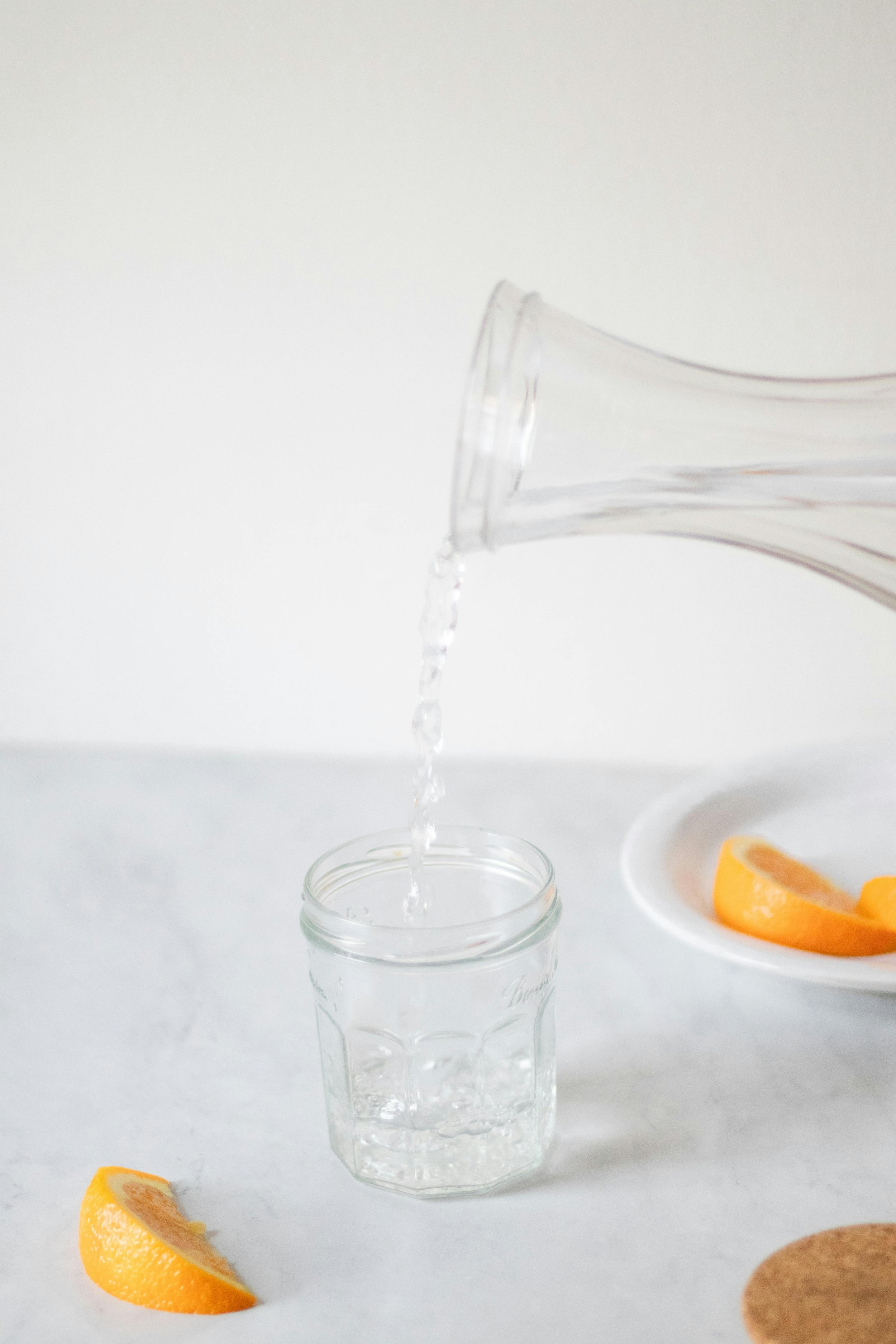






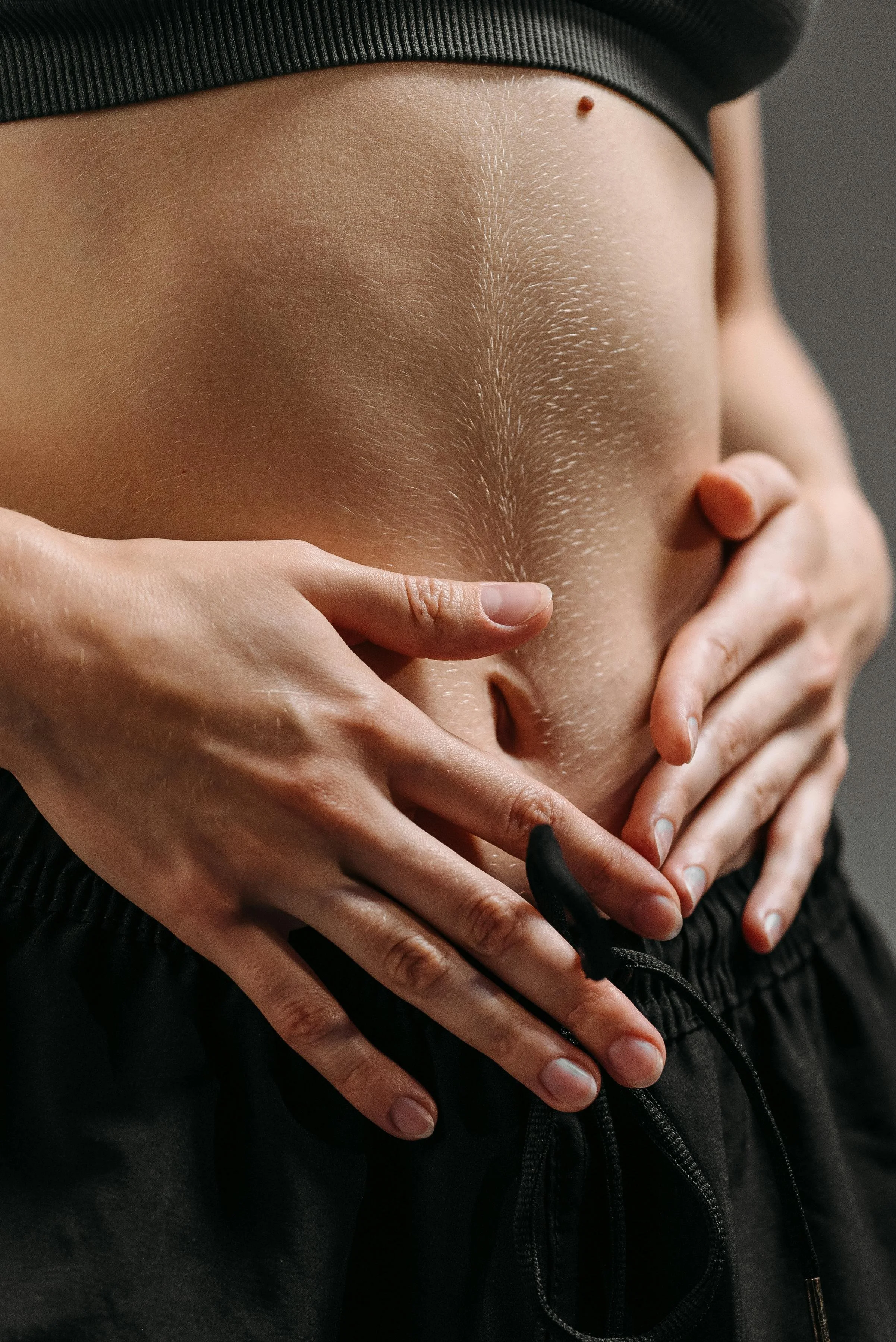
















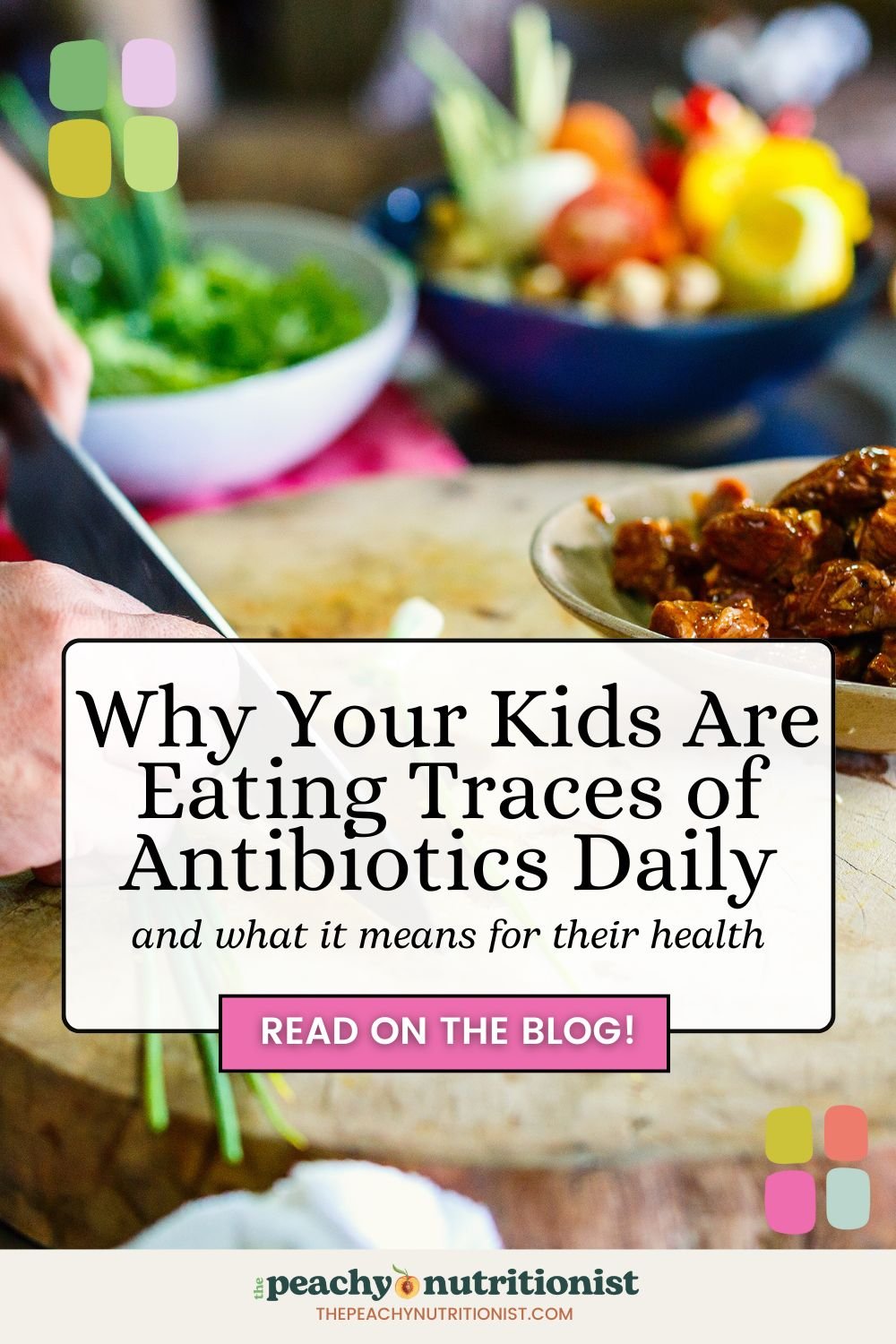











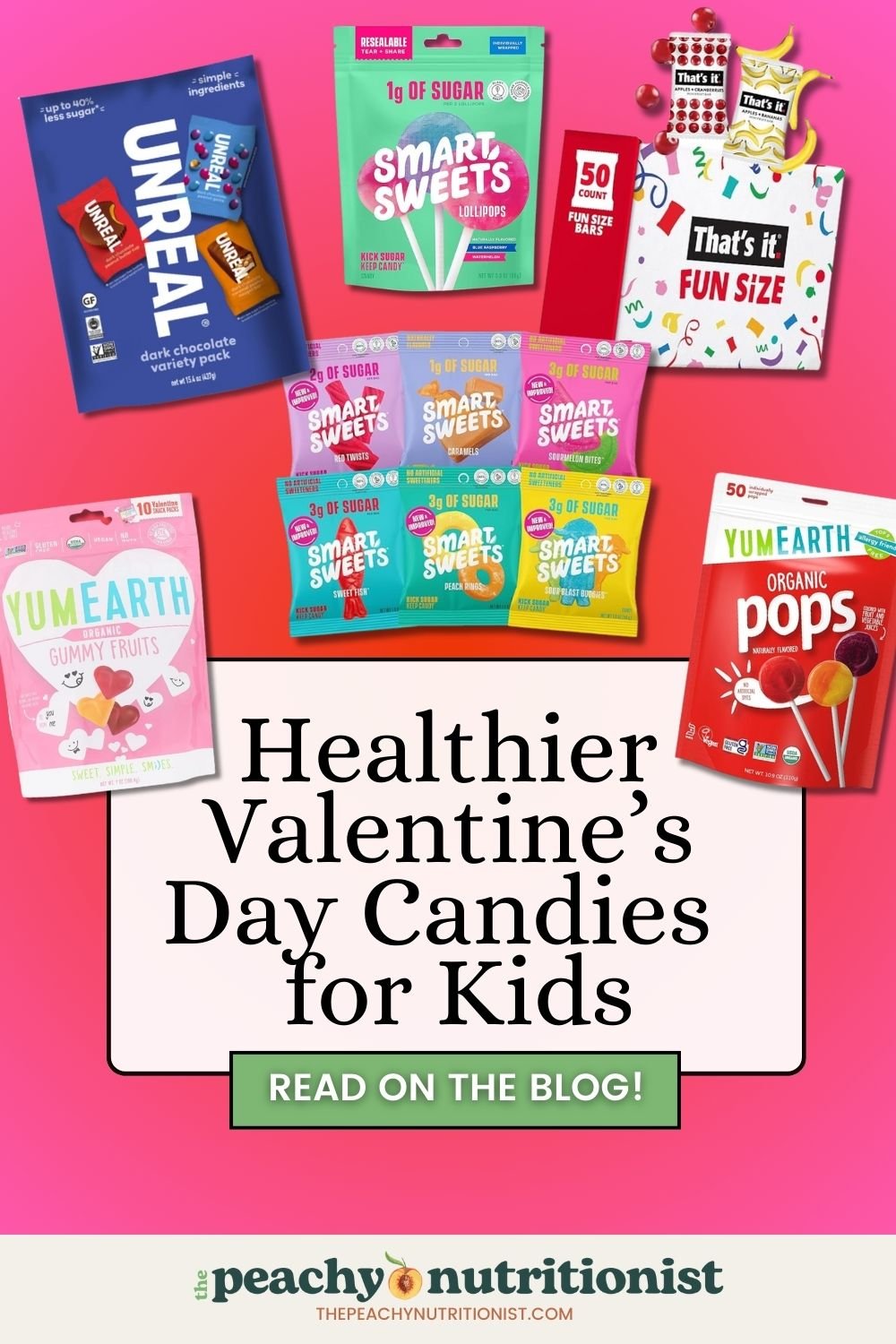
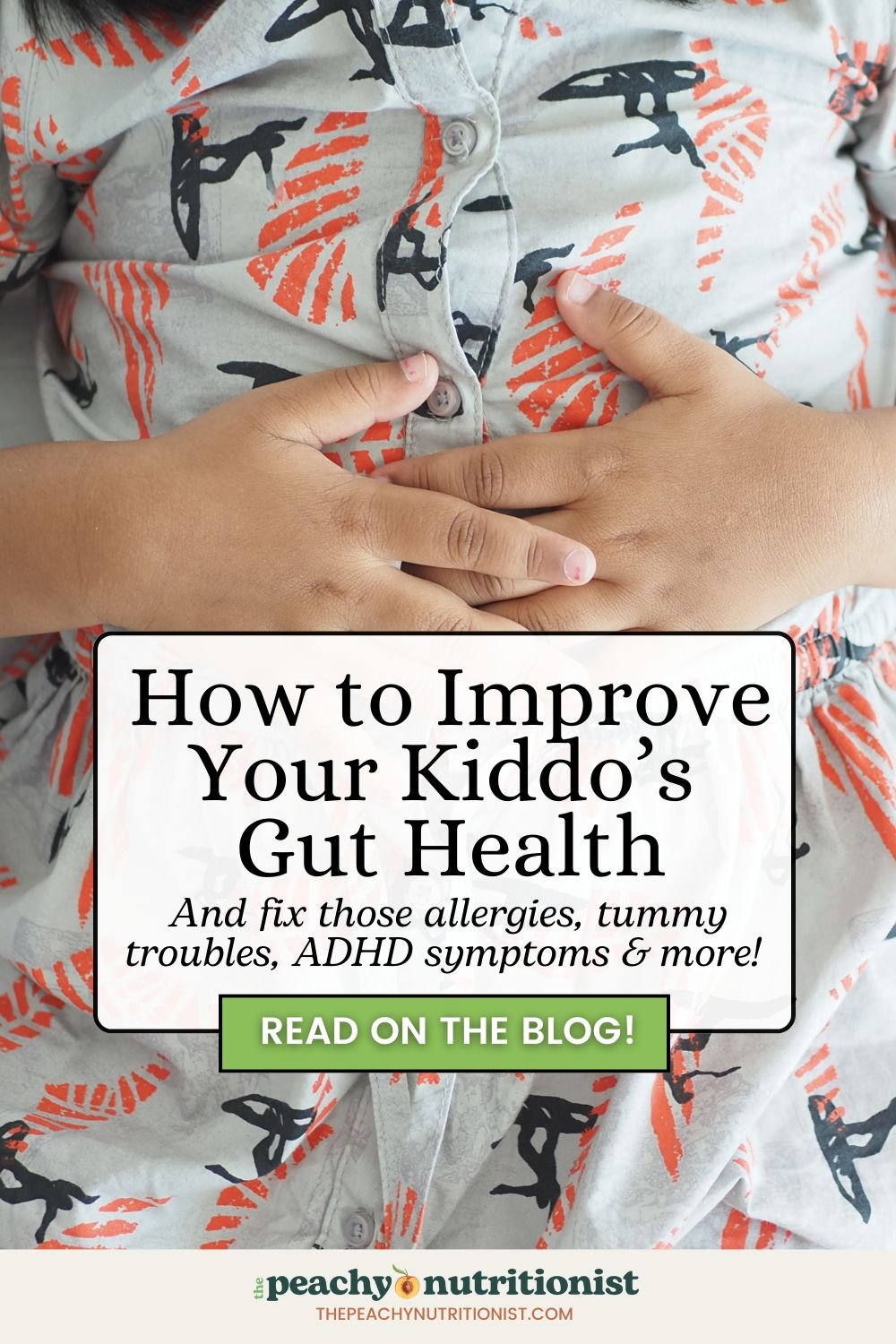
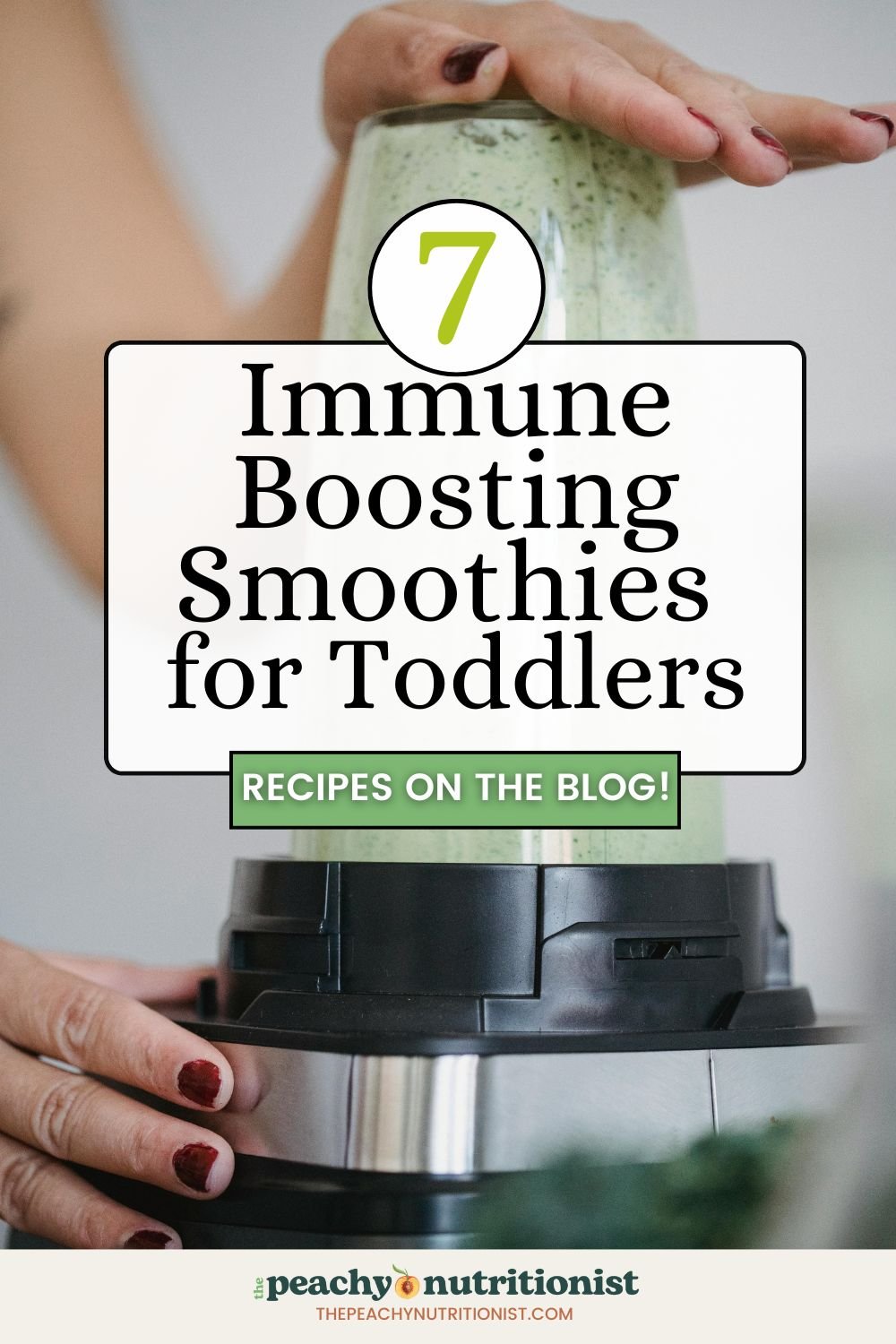
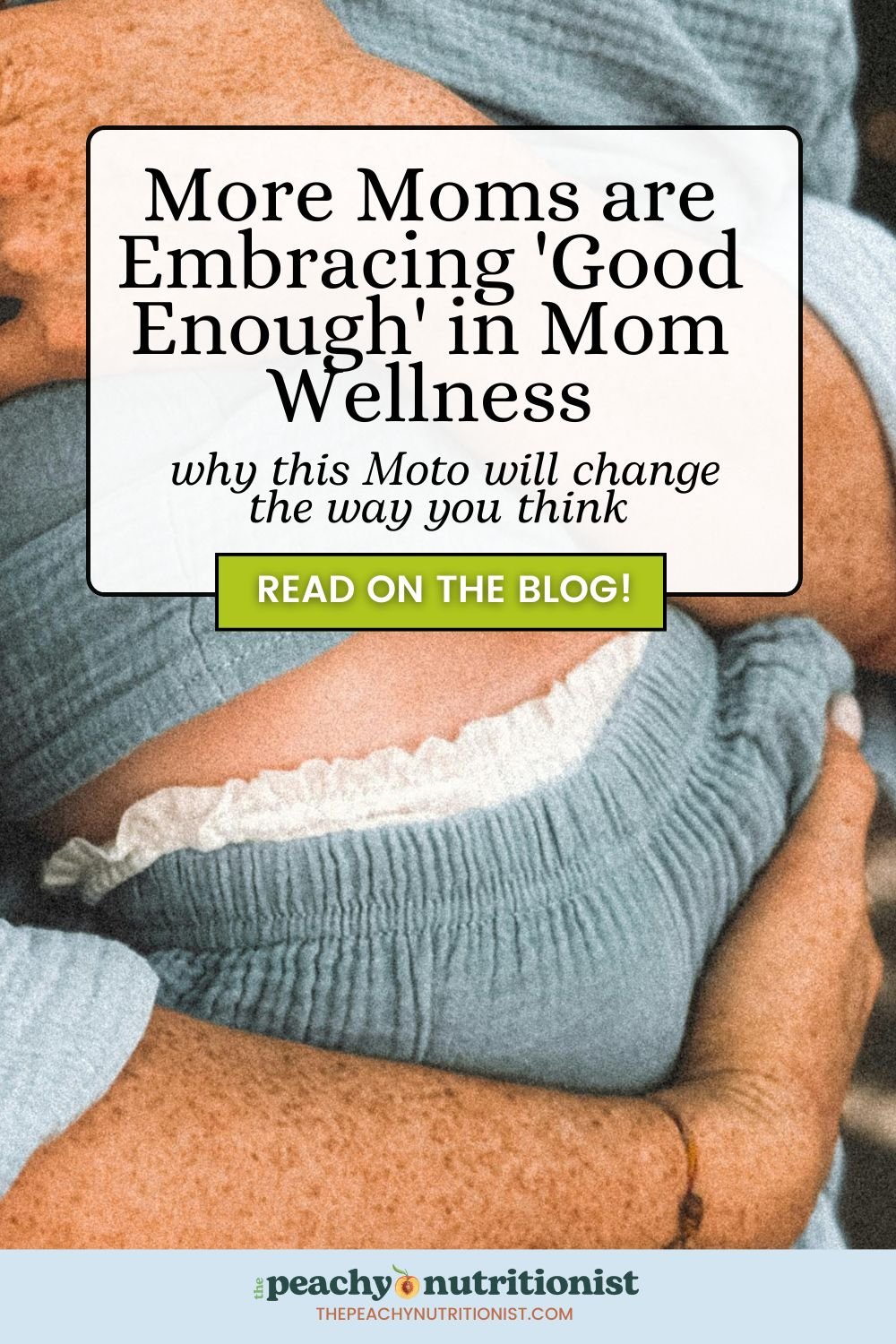
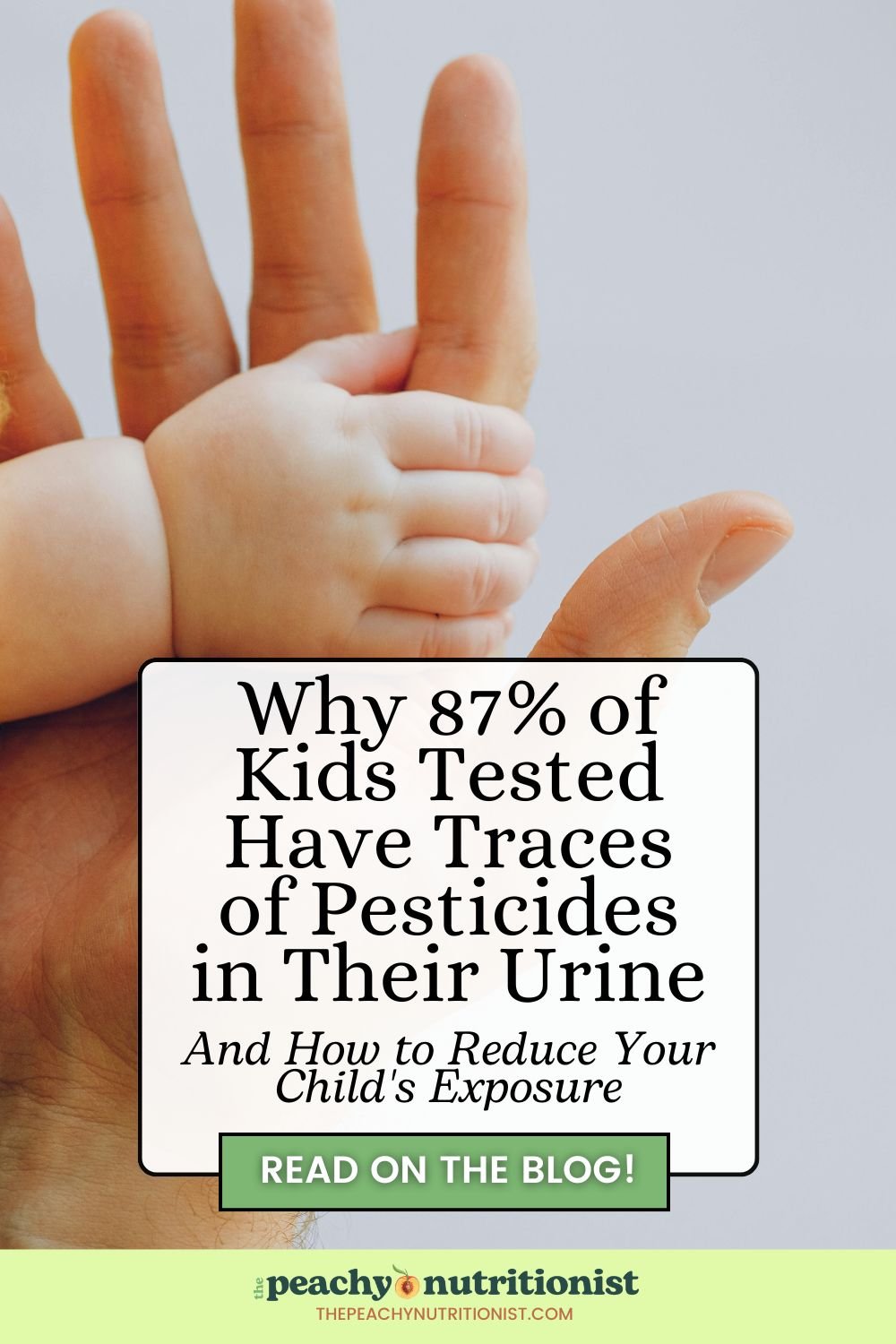
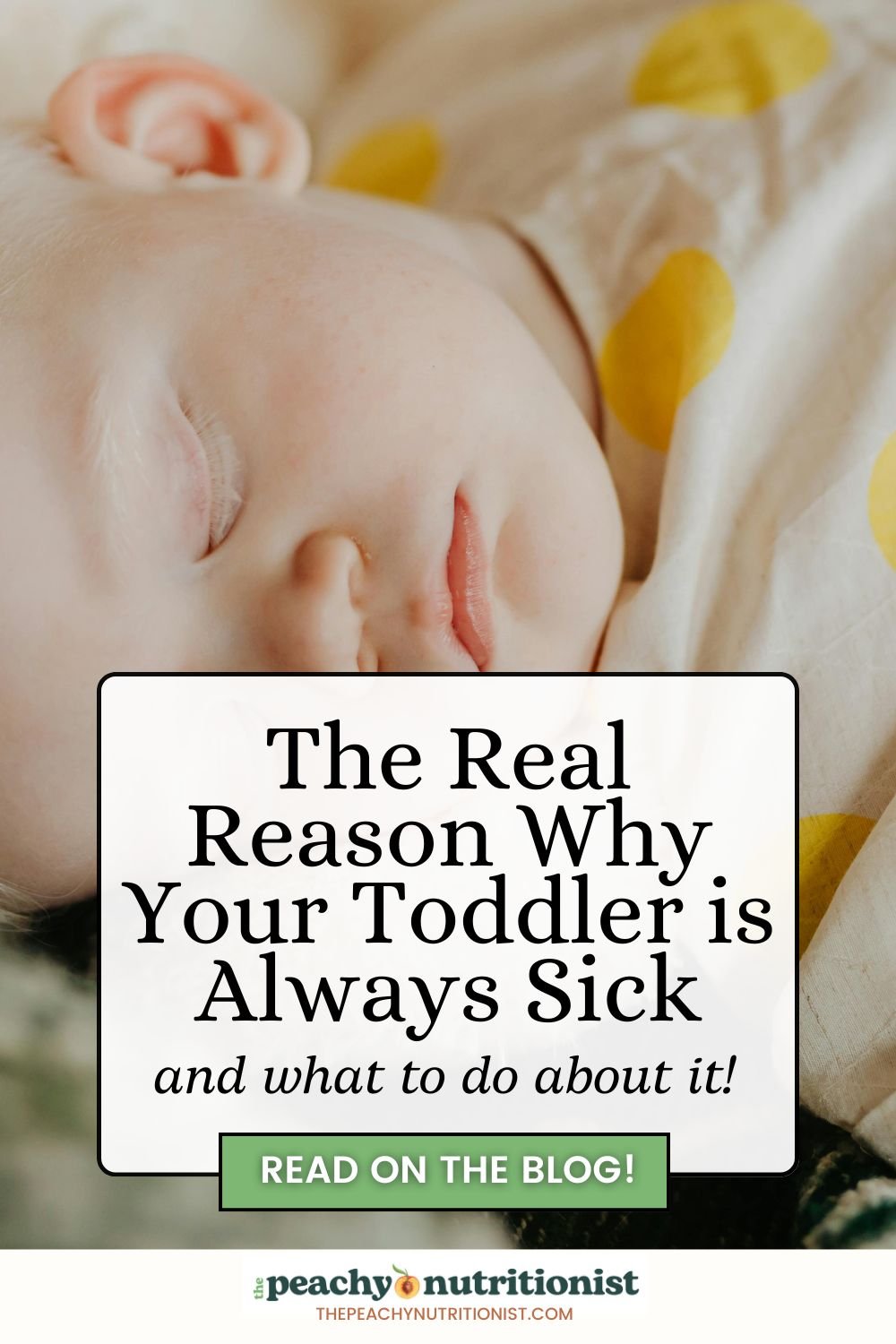
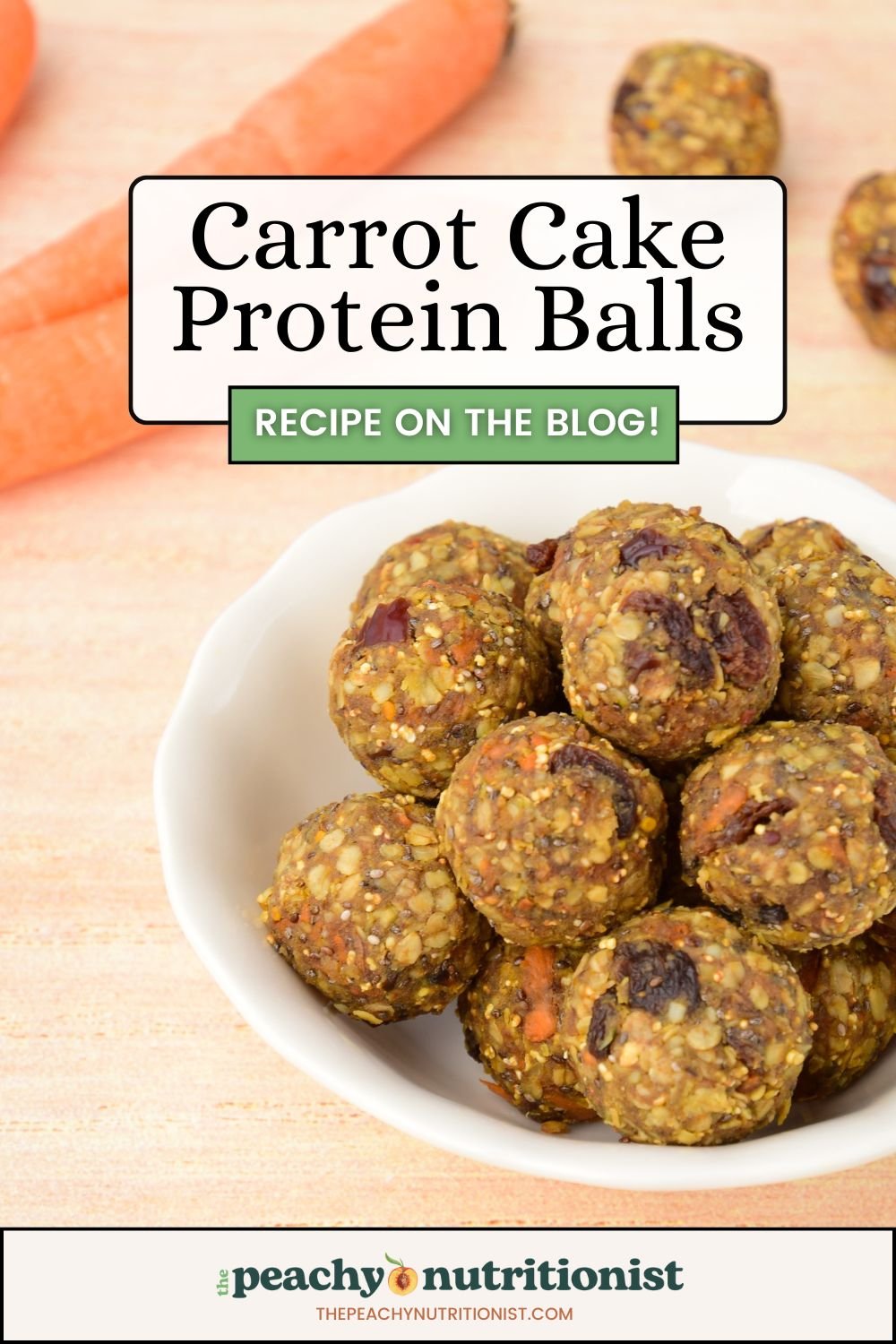
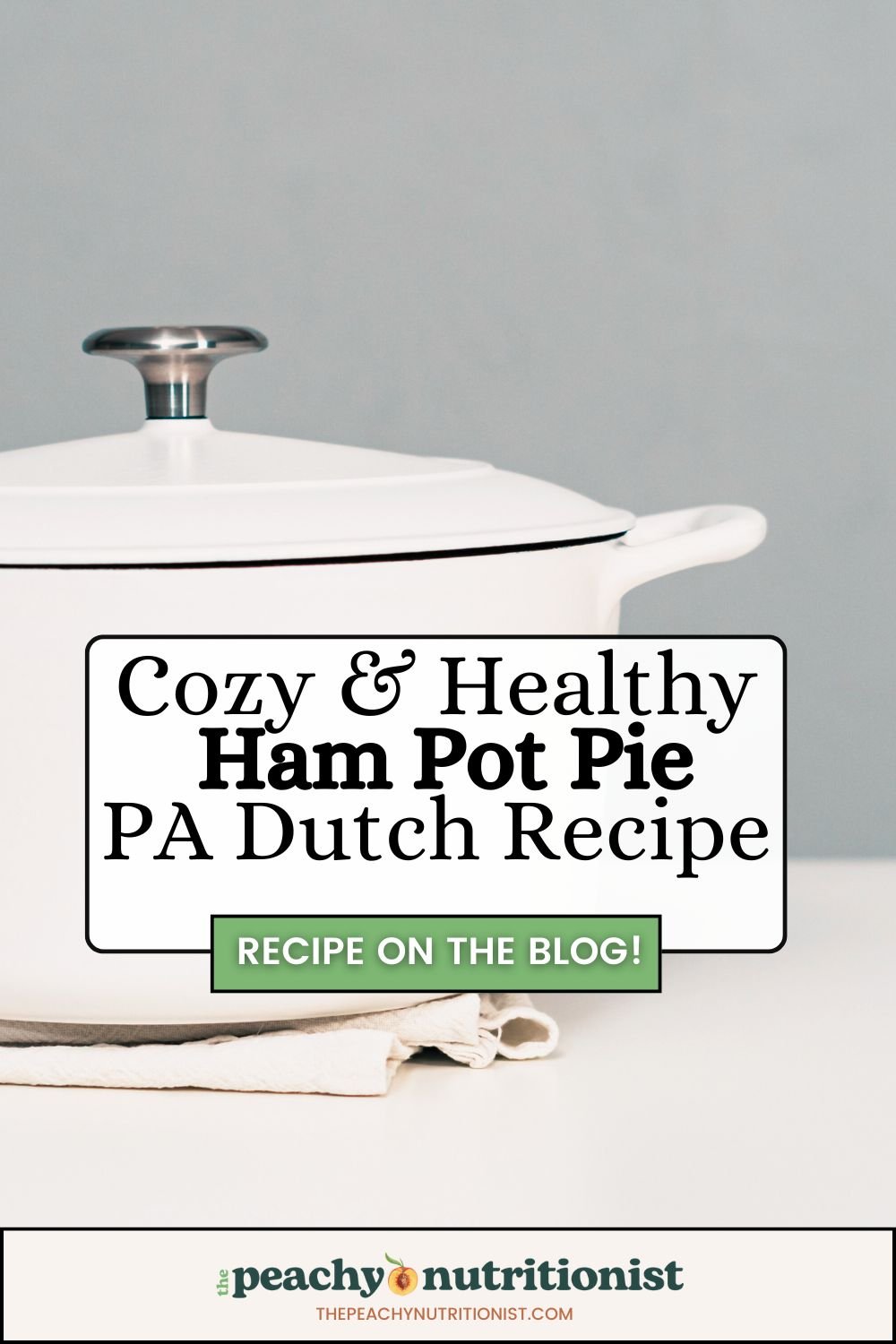
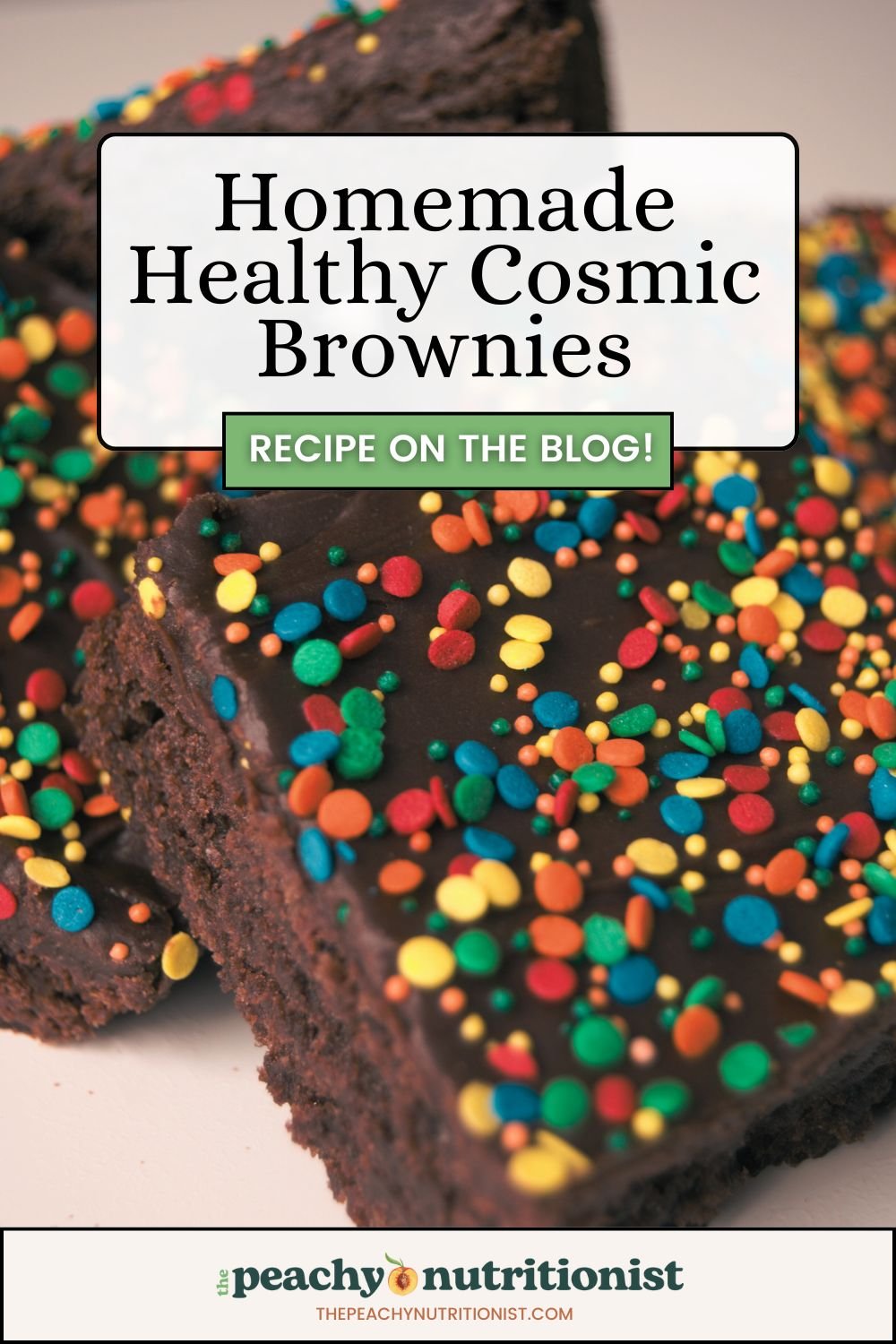
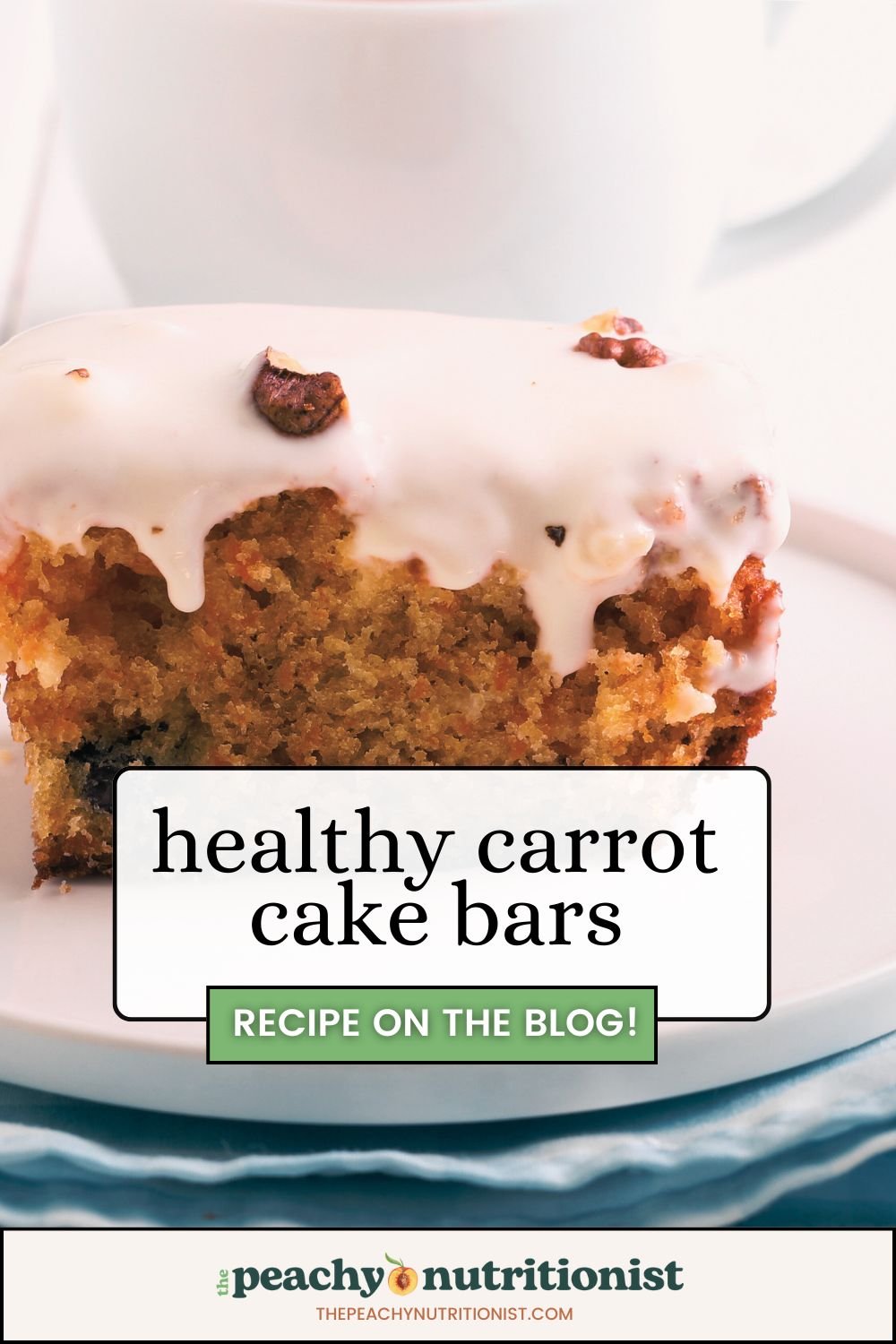
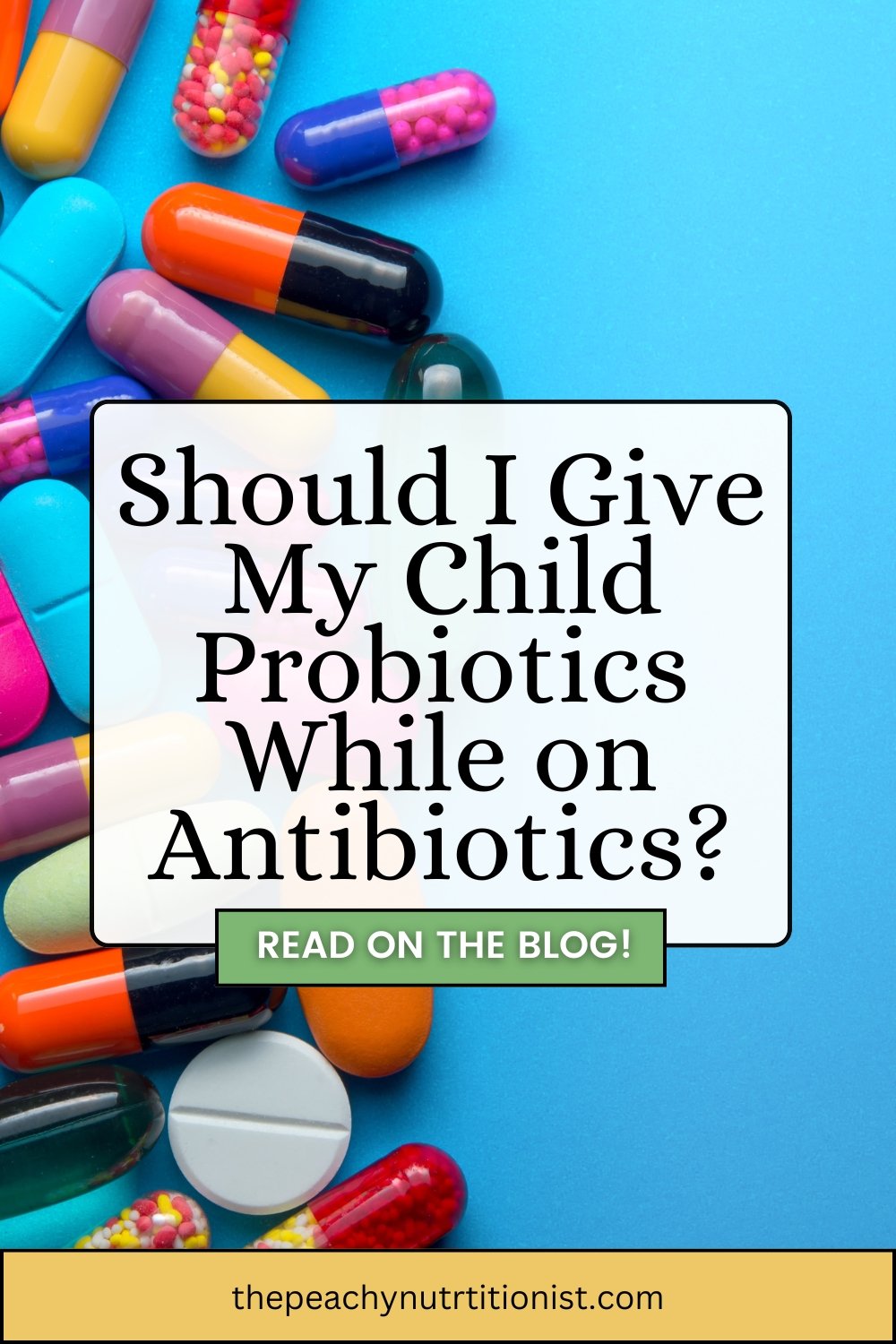
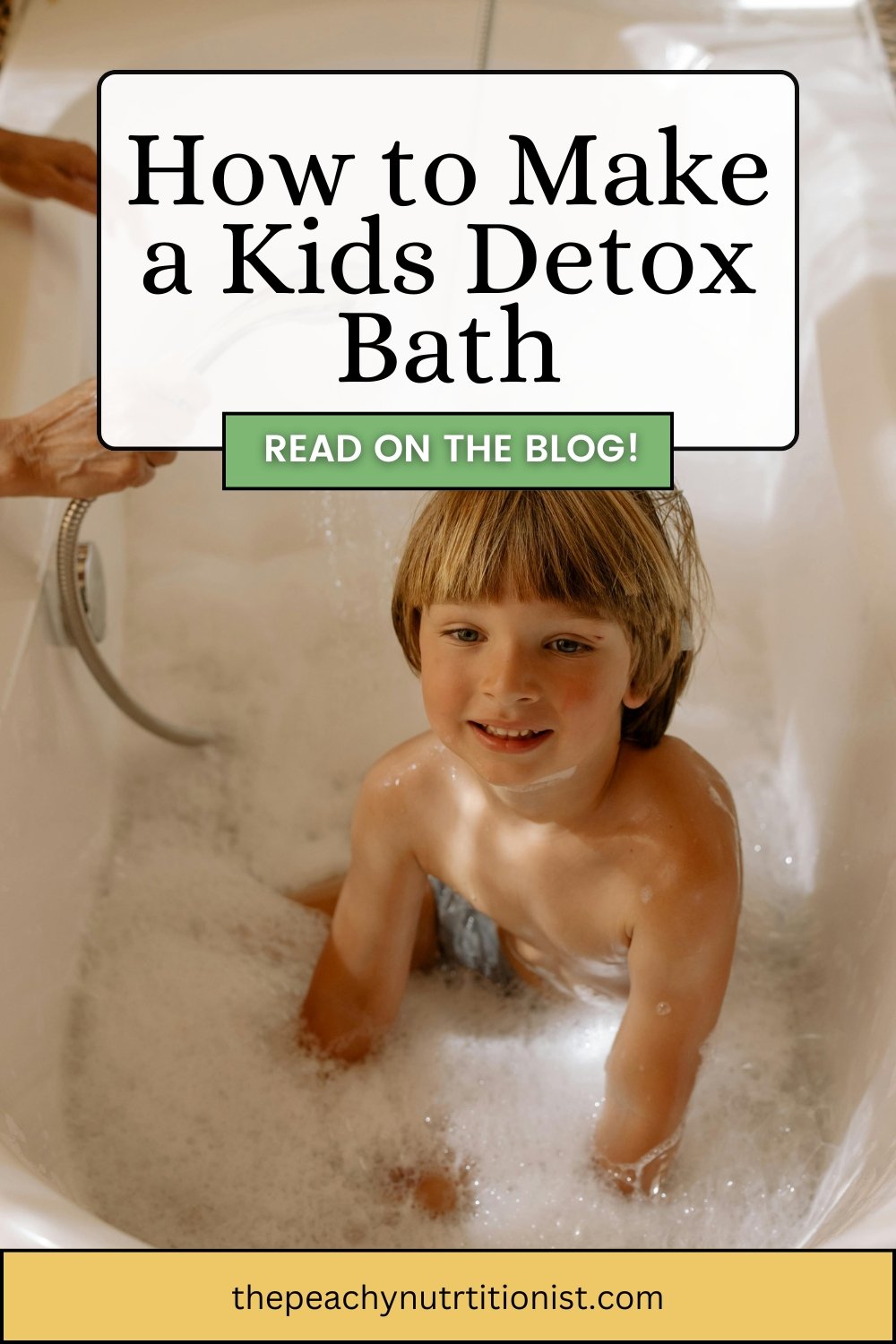

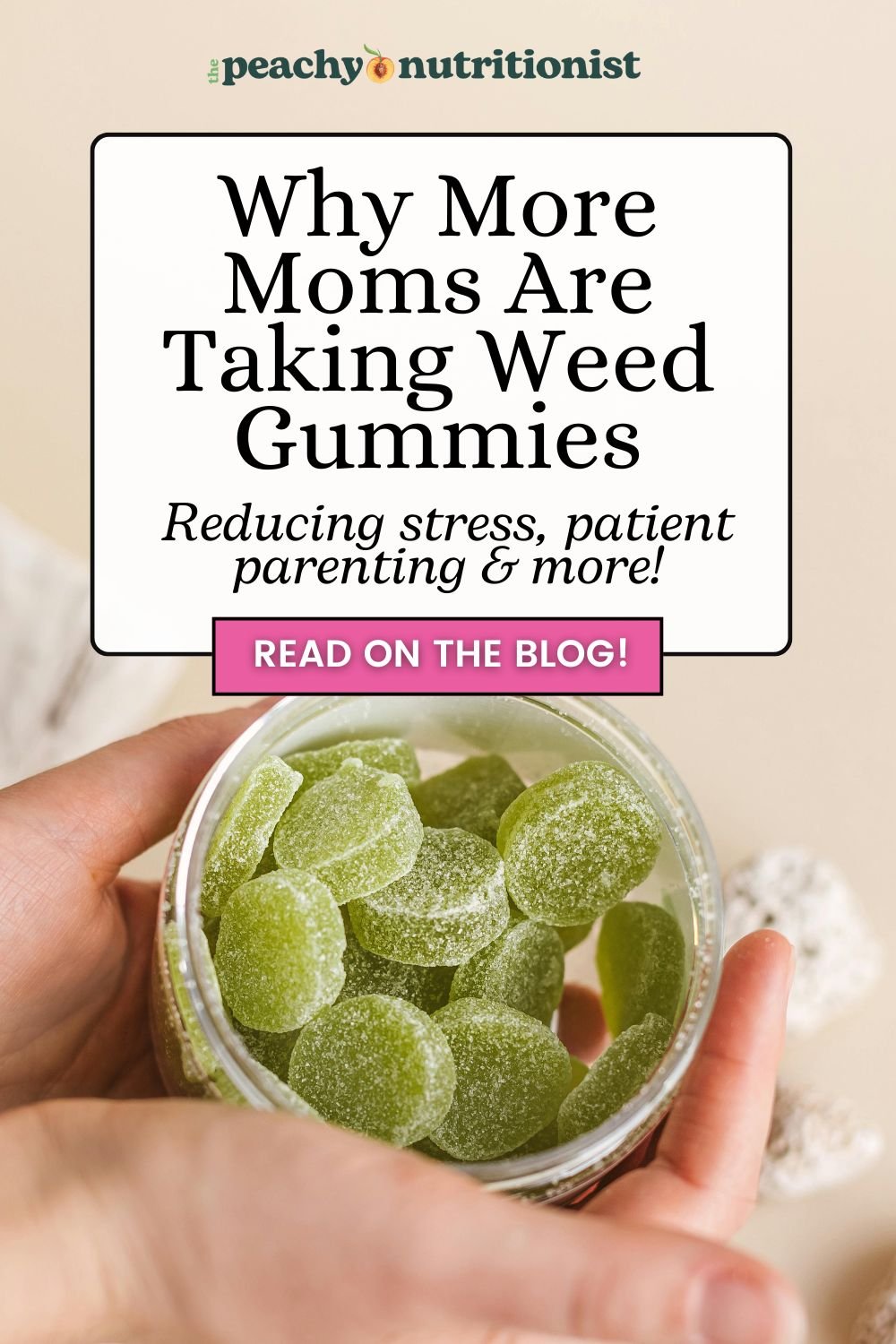
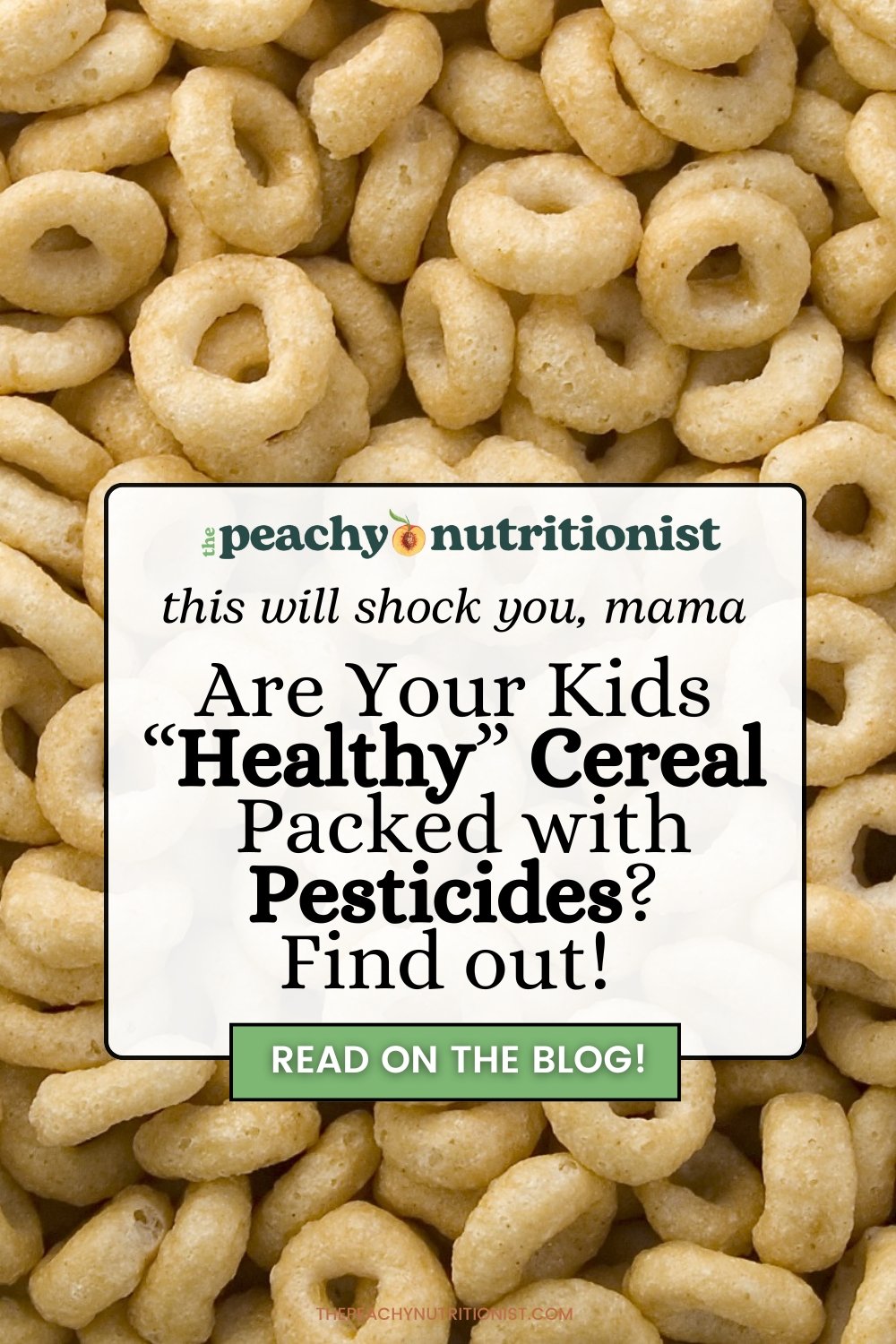
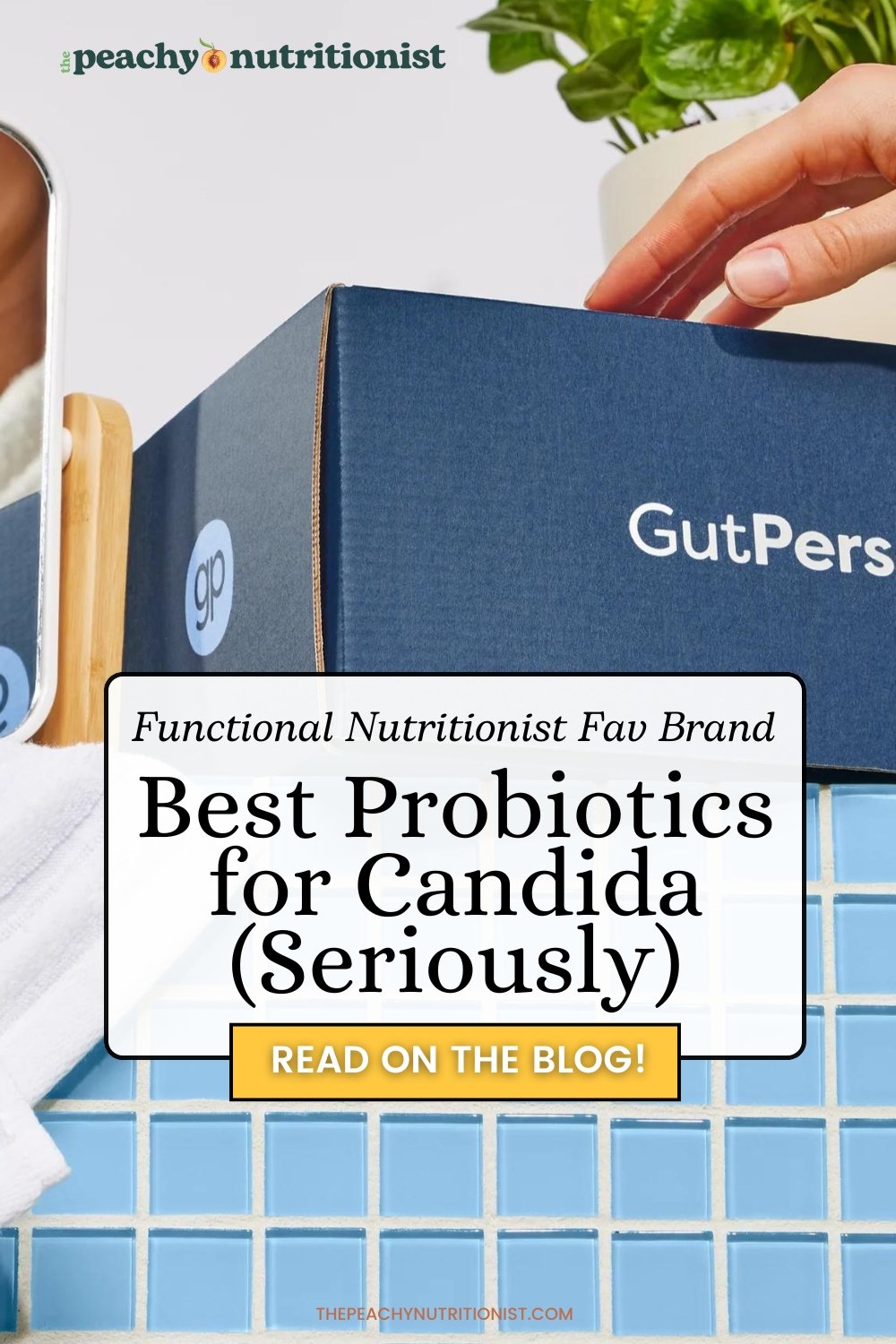
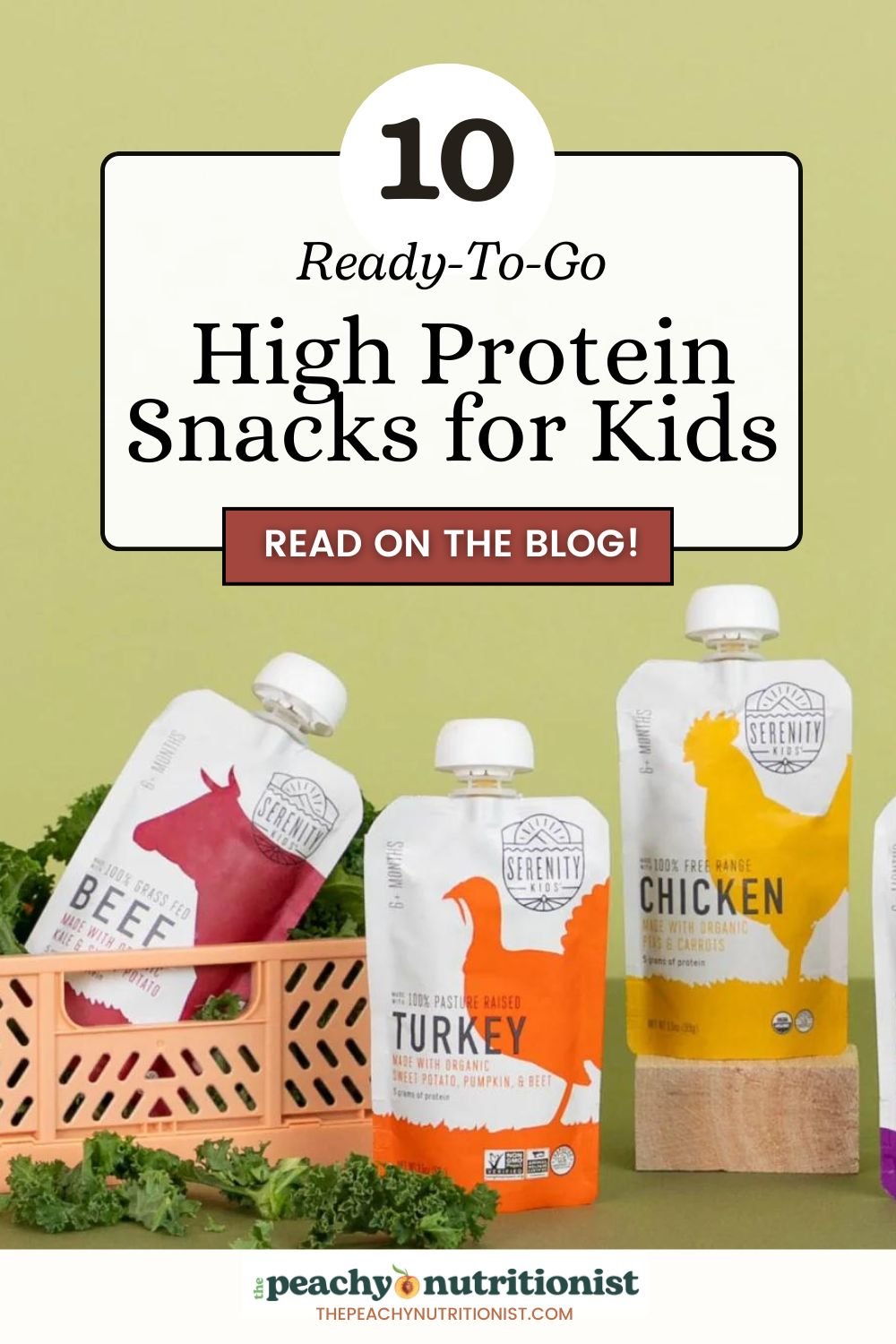
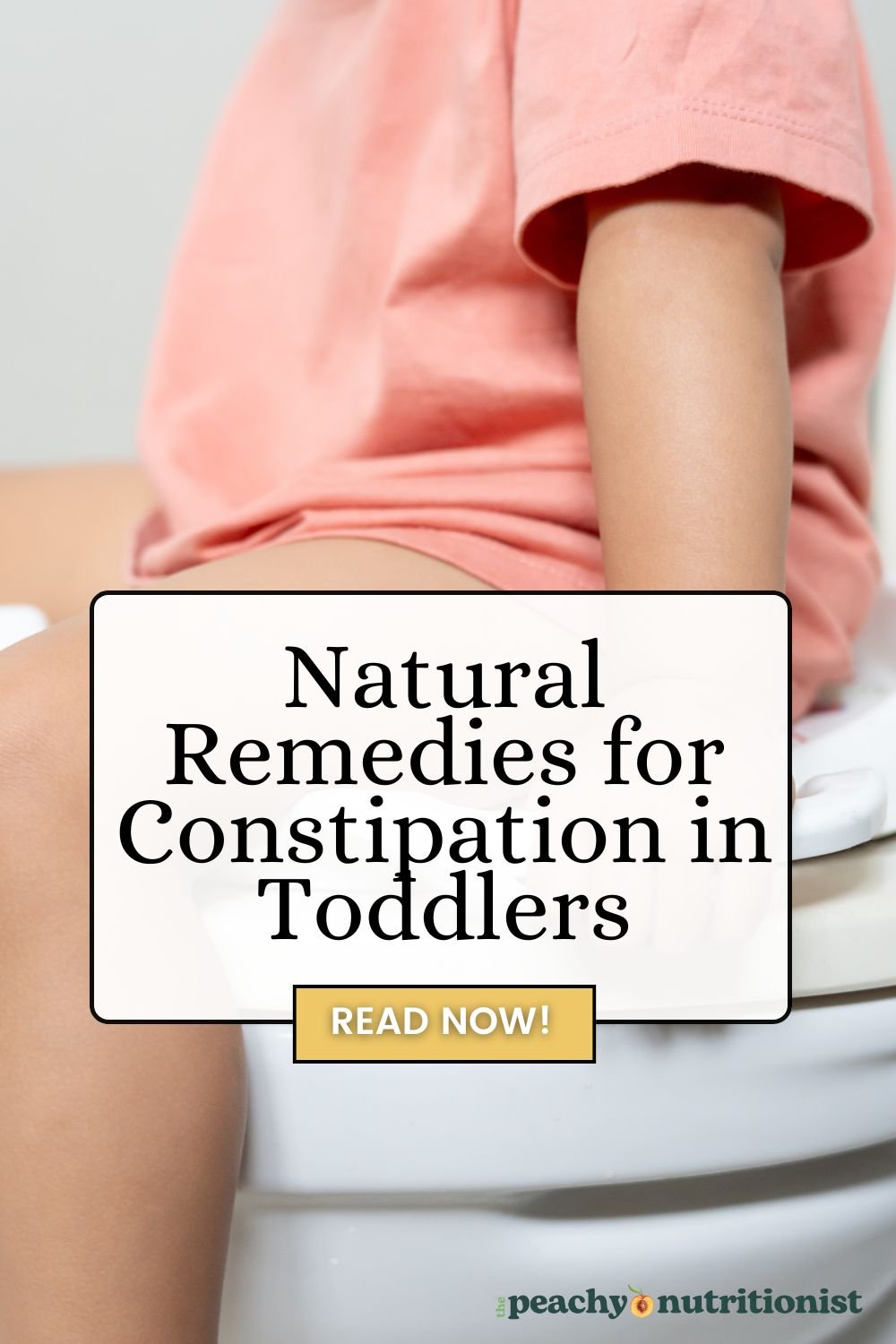
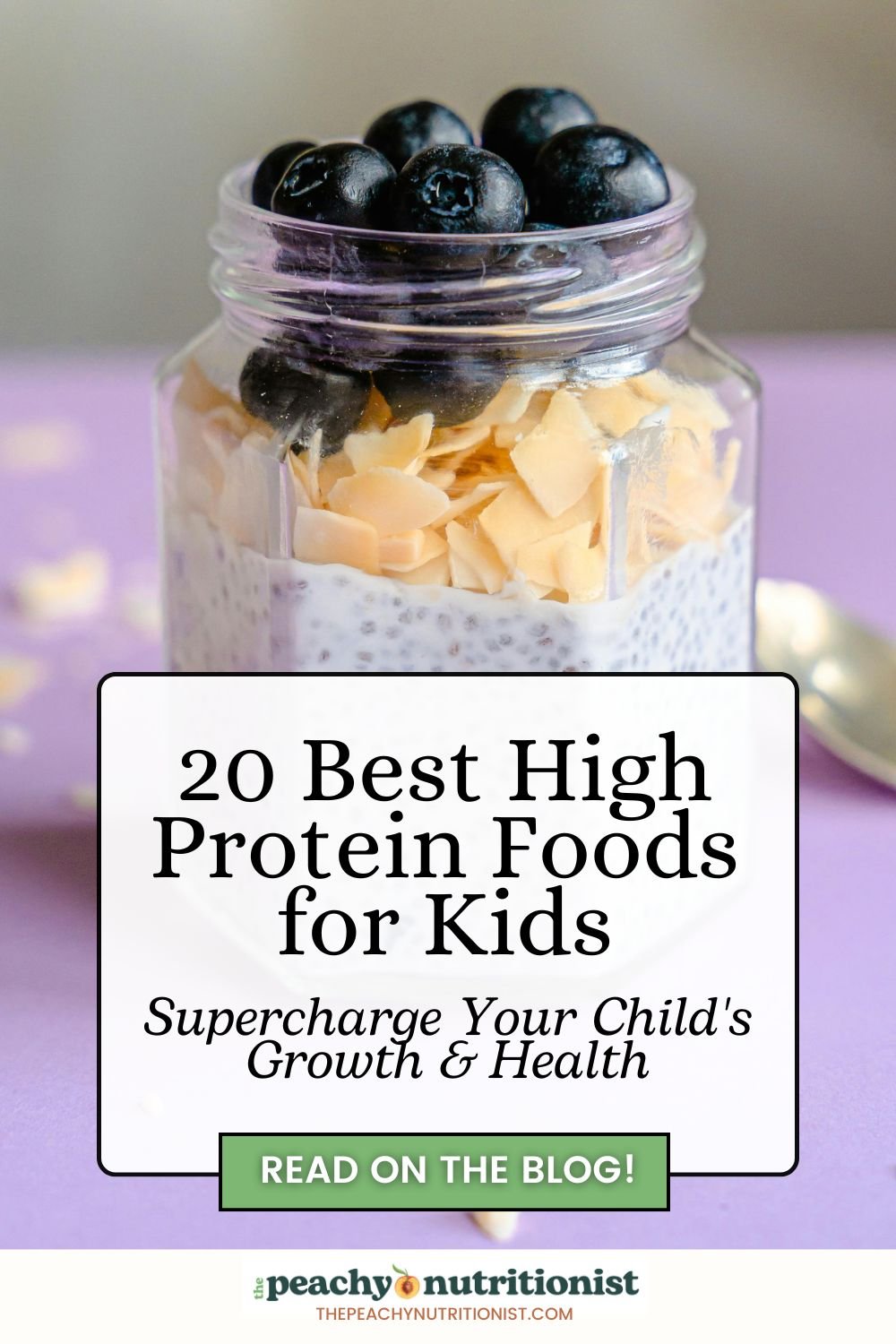


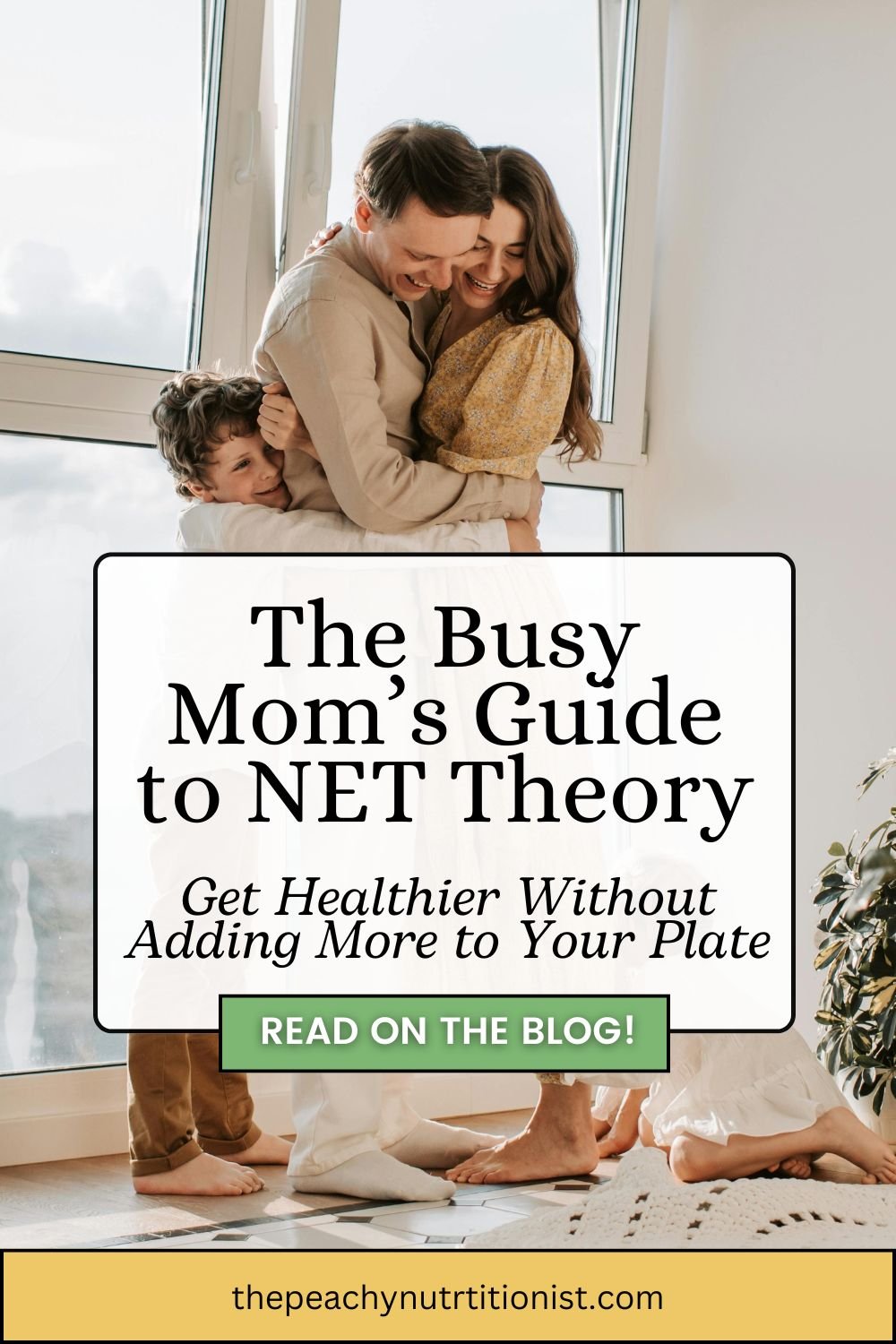

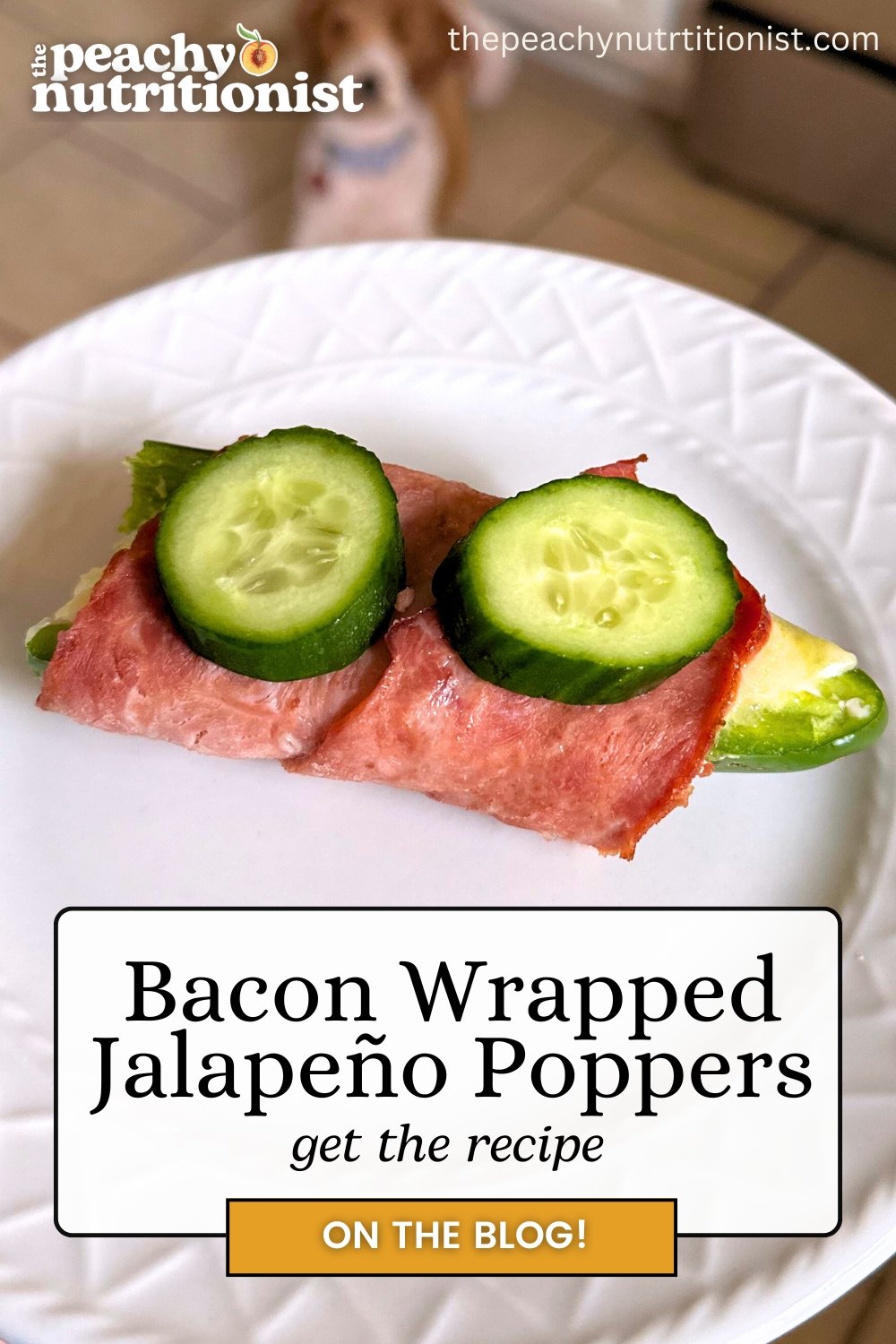


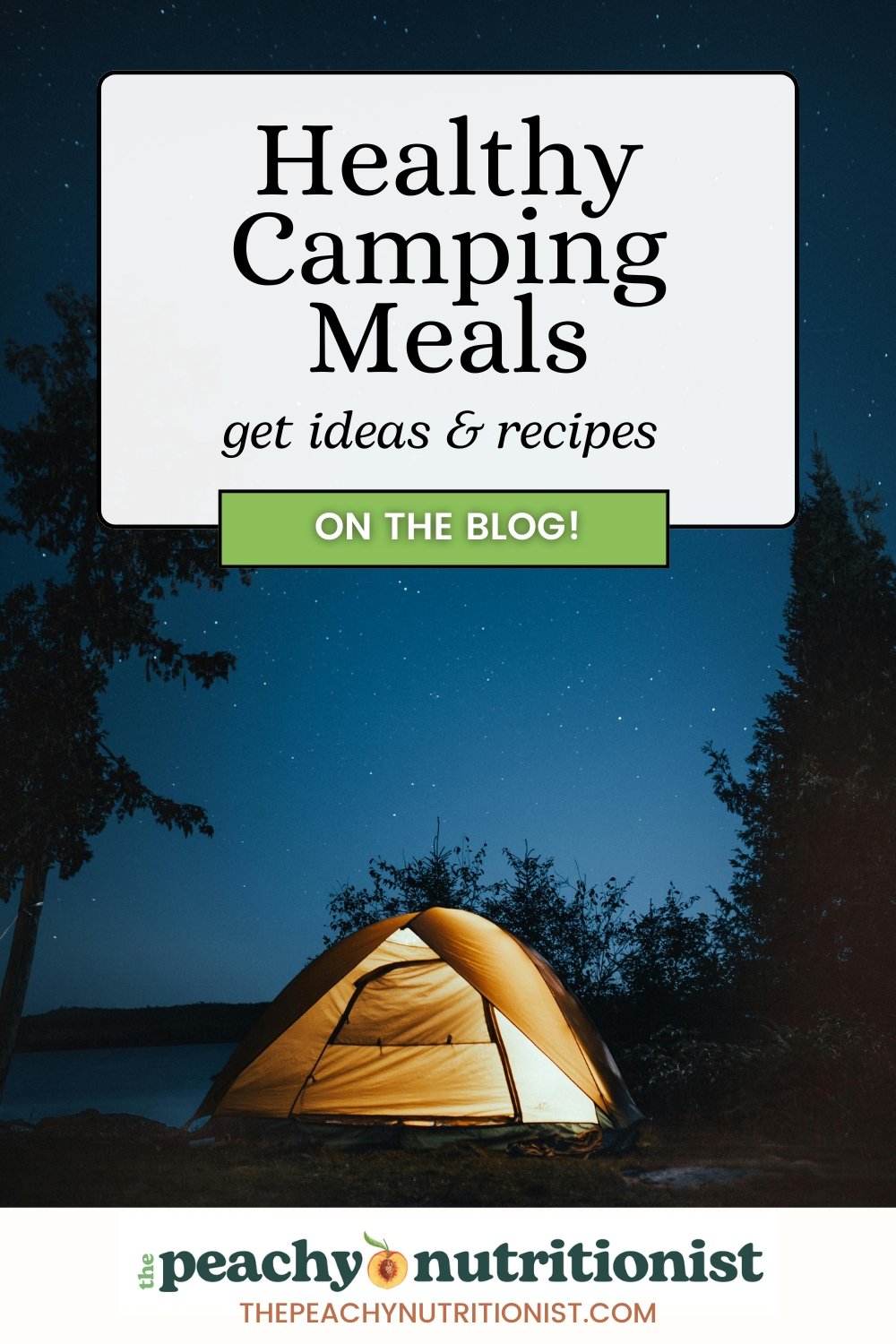
Need ideas for healthier Valentine’s Day candies for kids? Check these out! Links included!